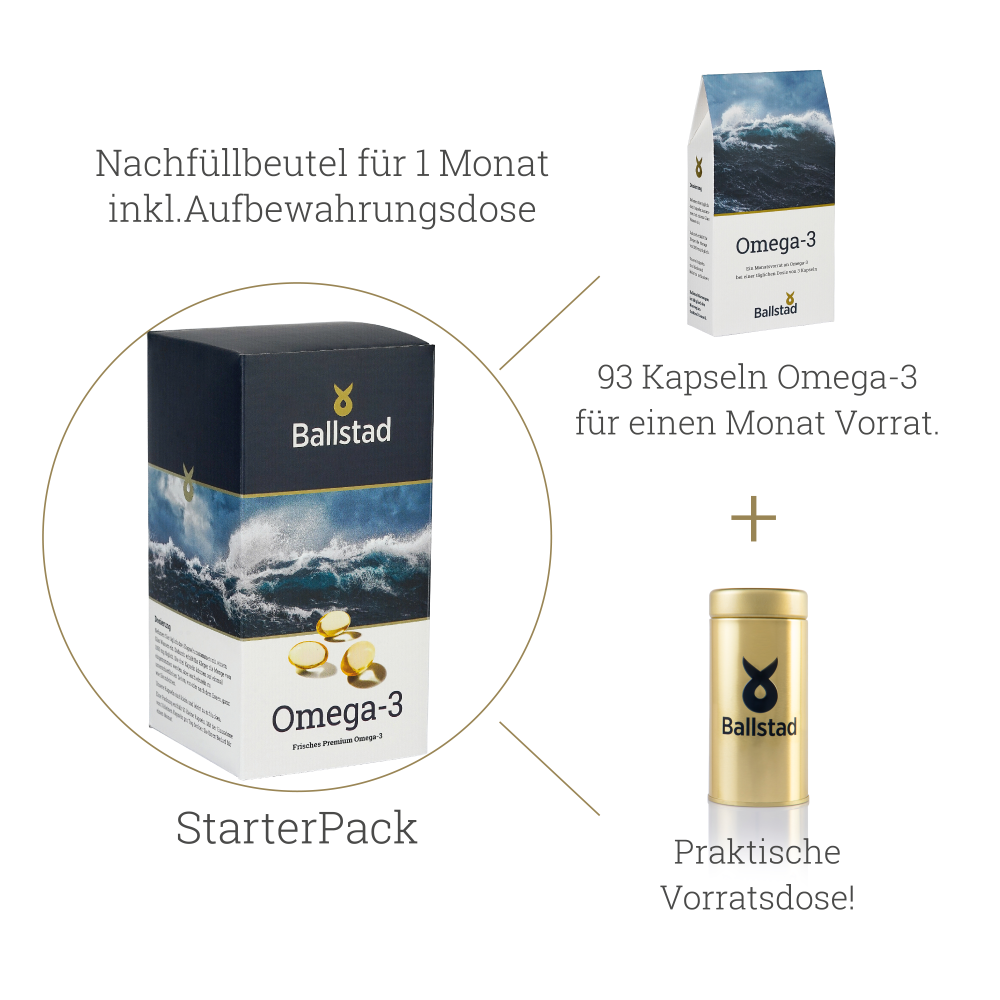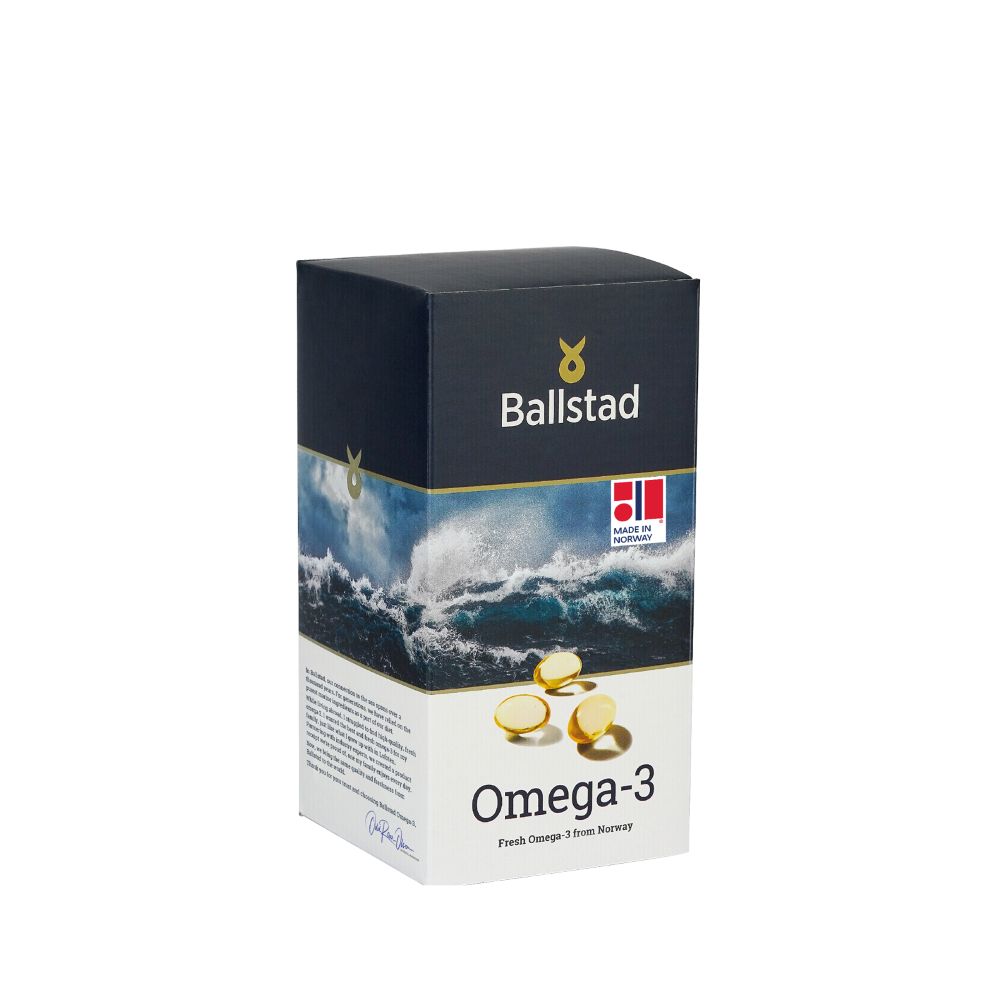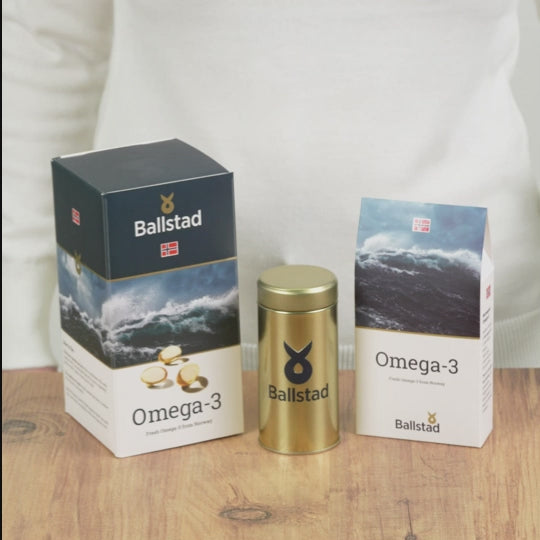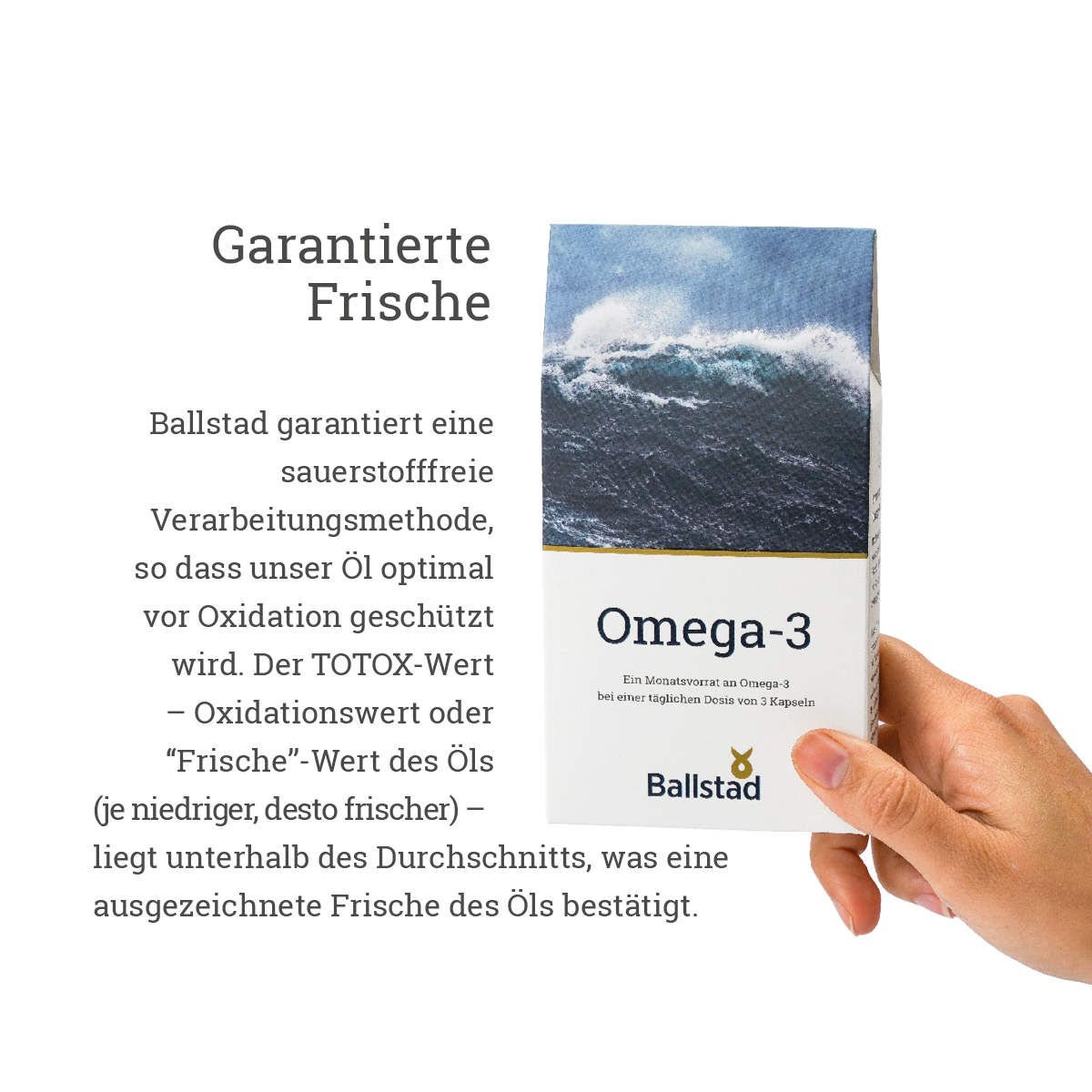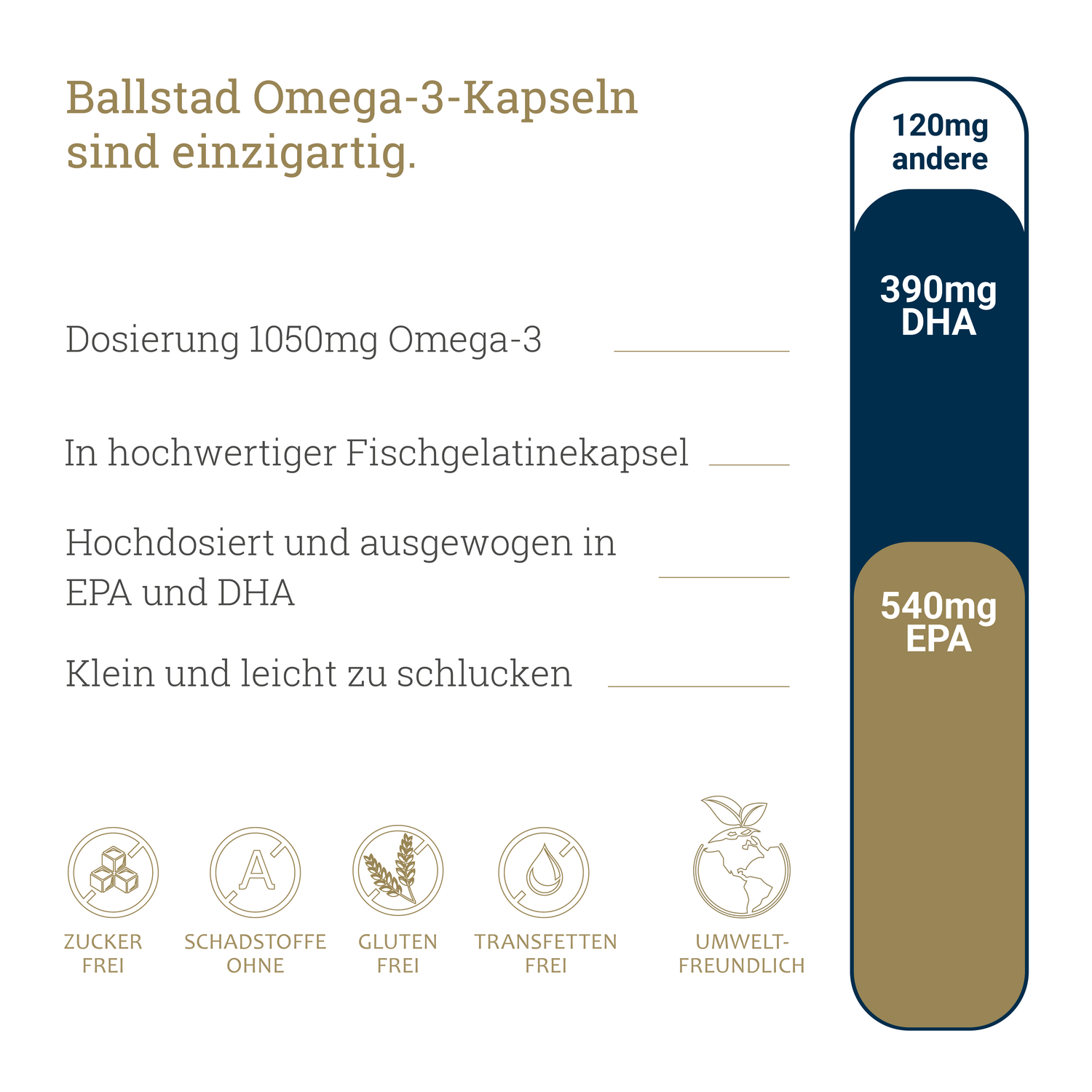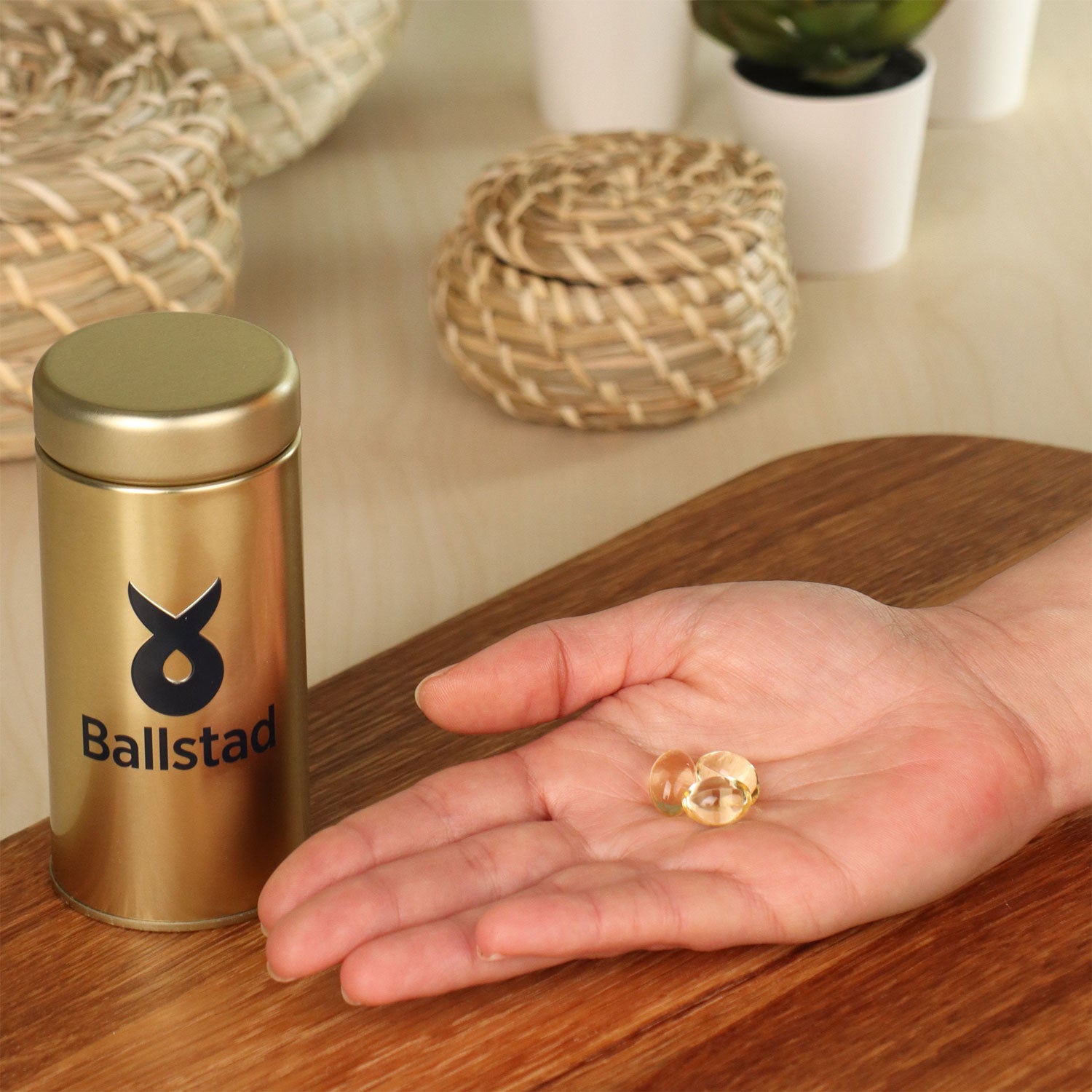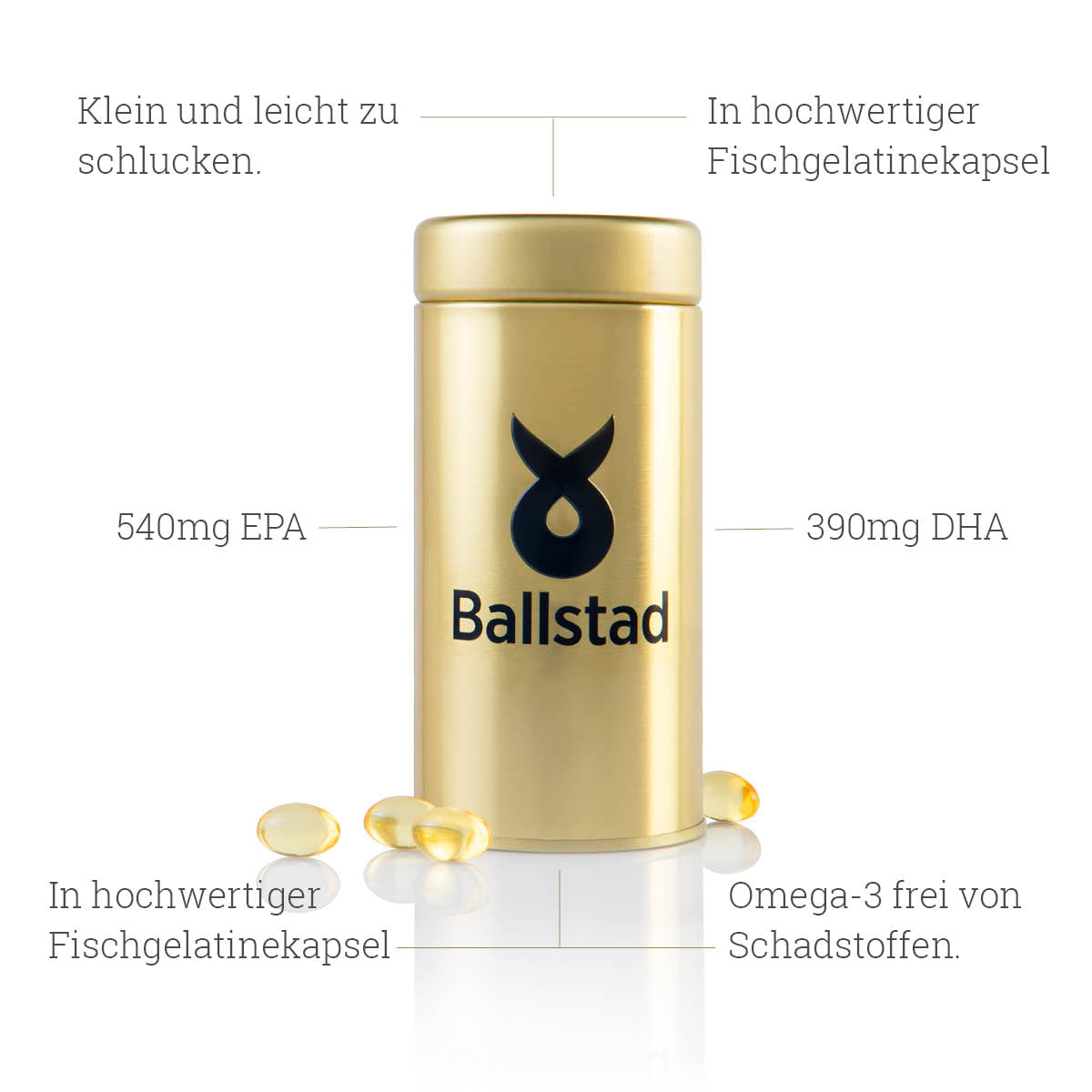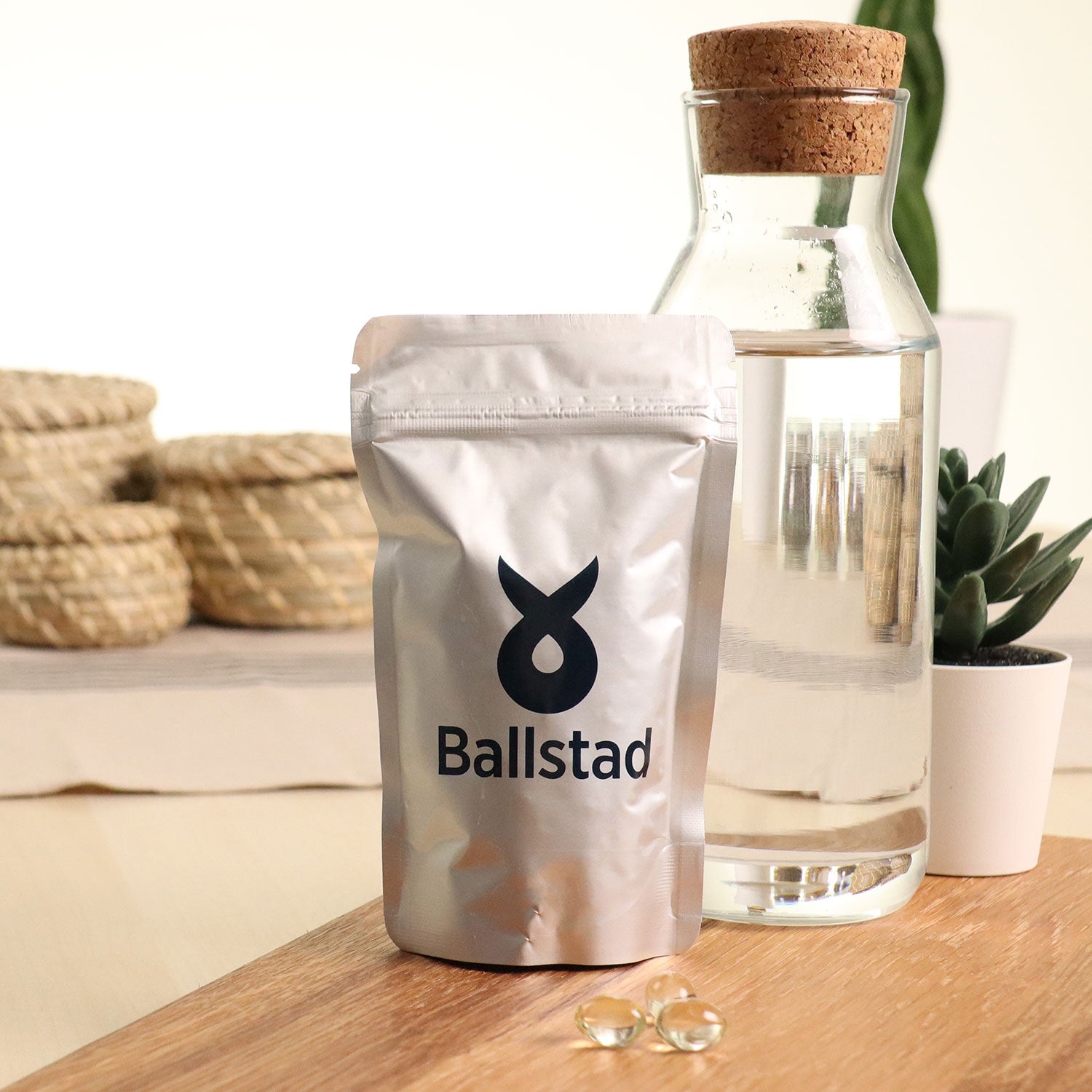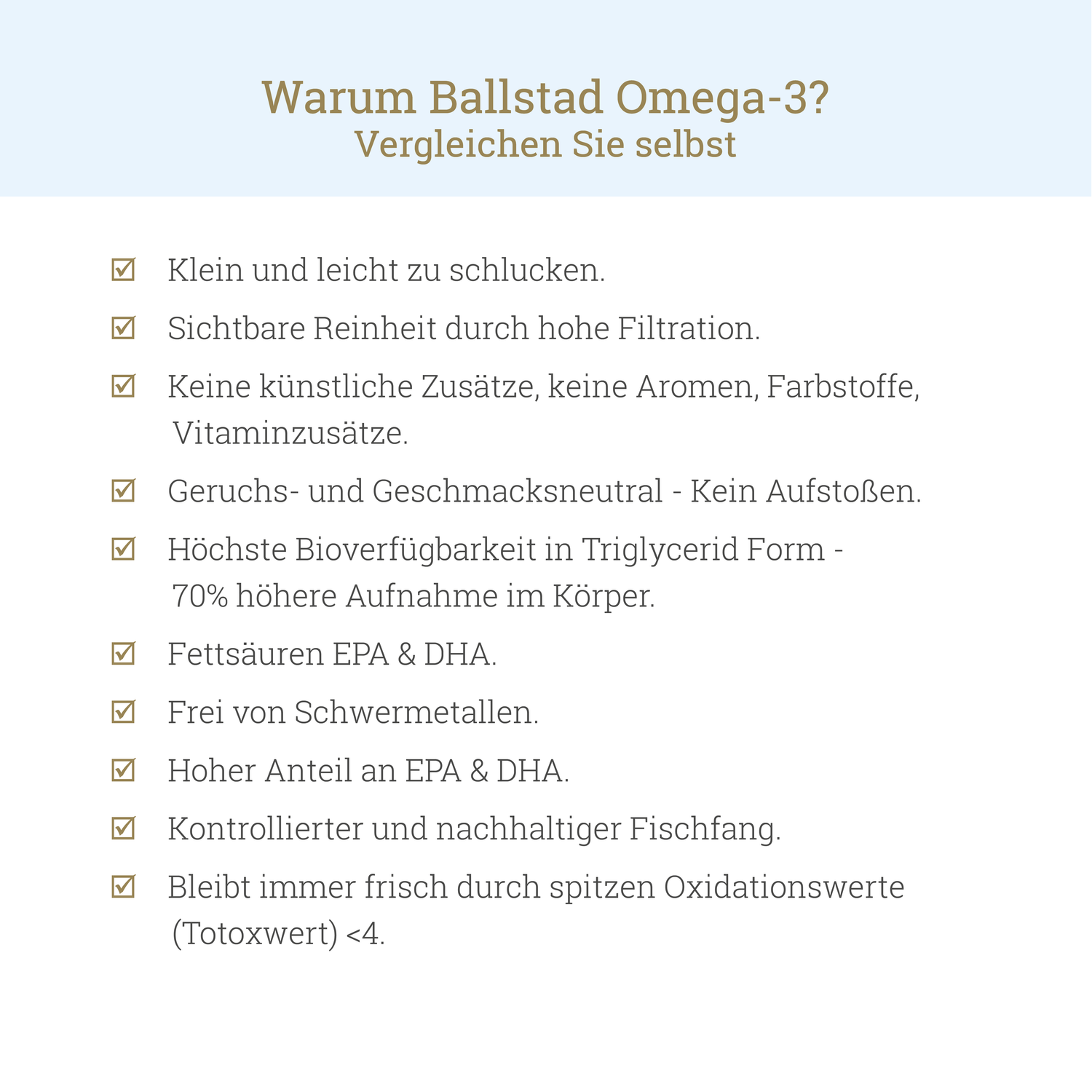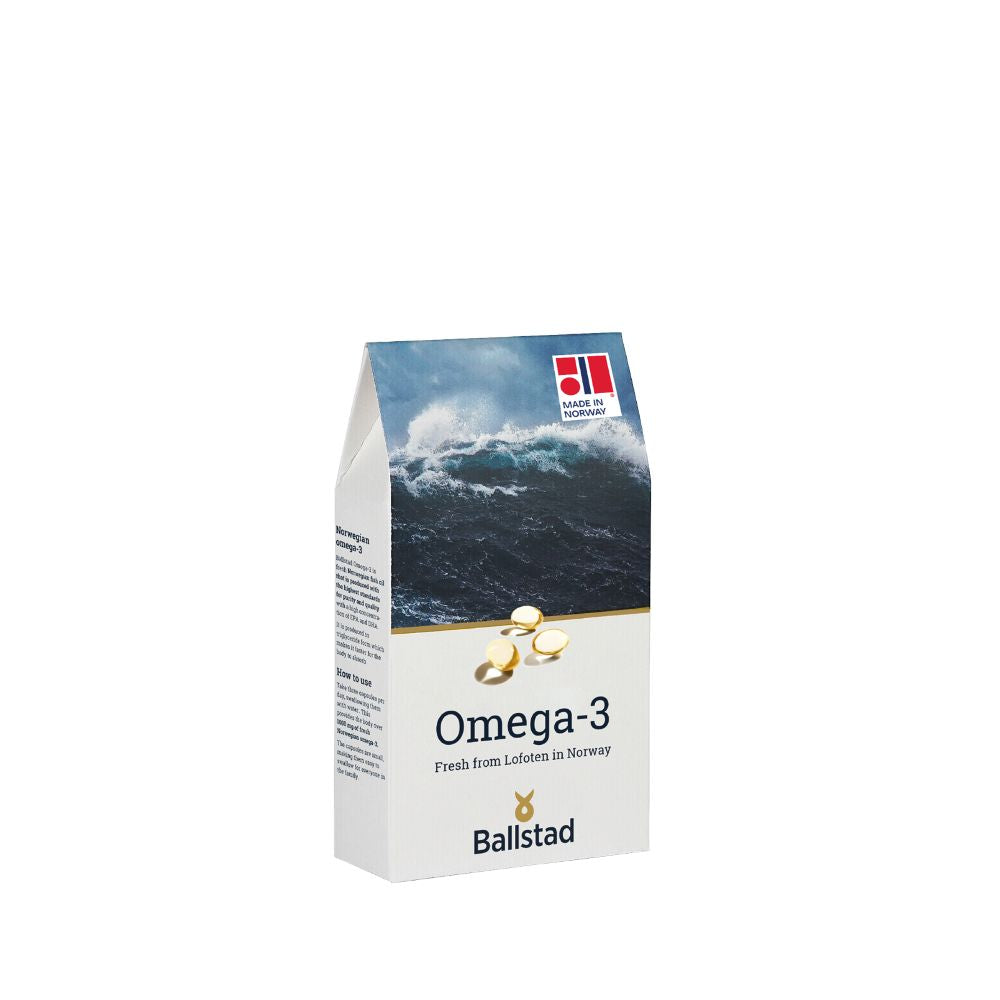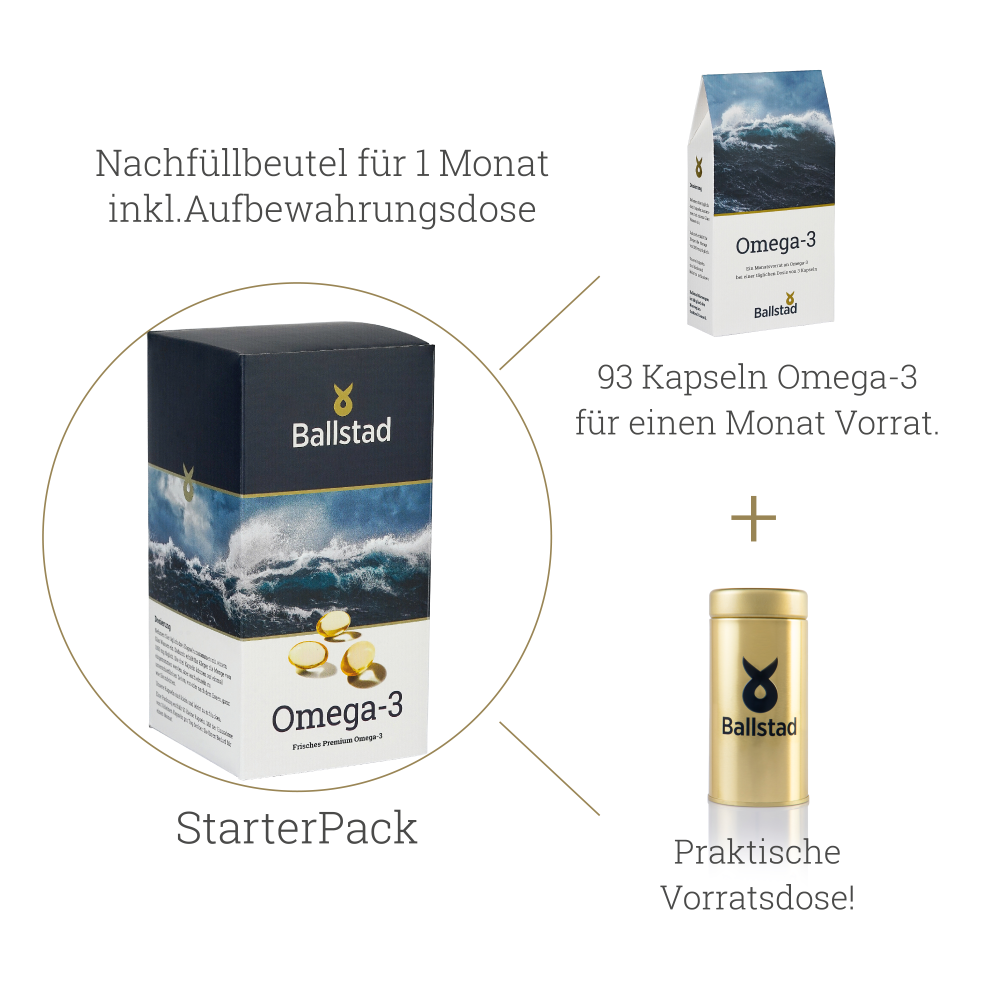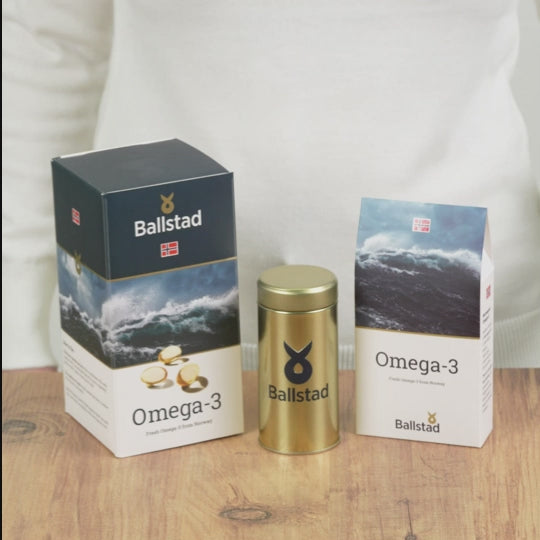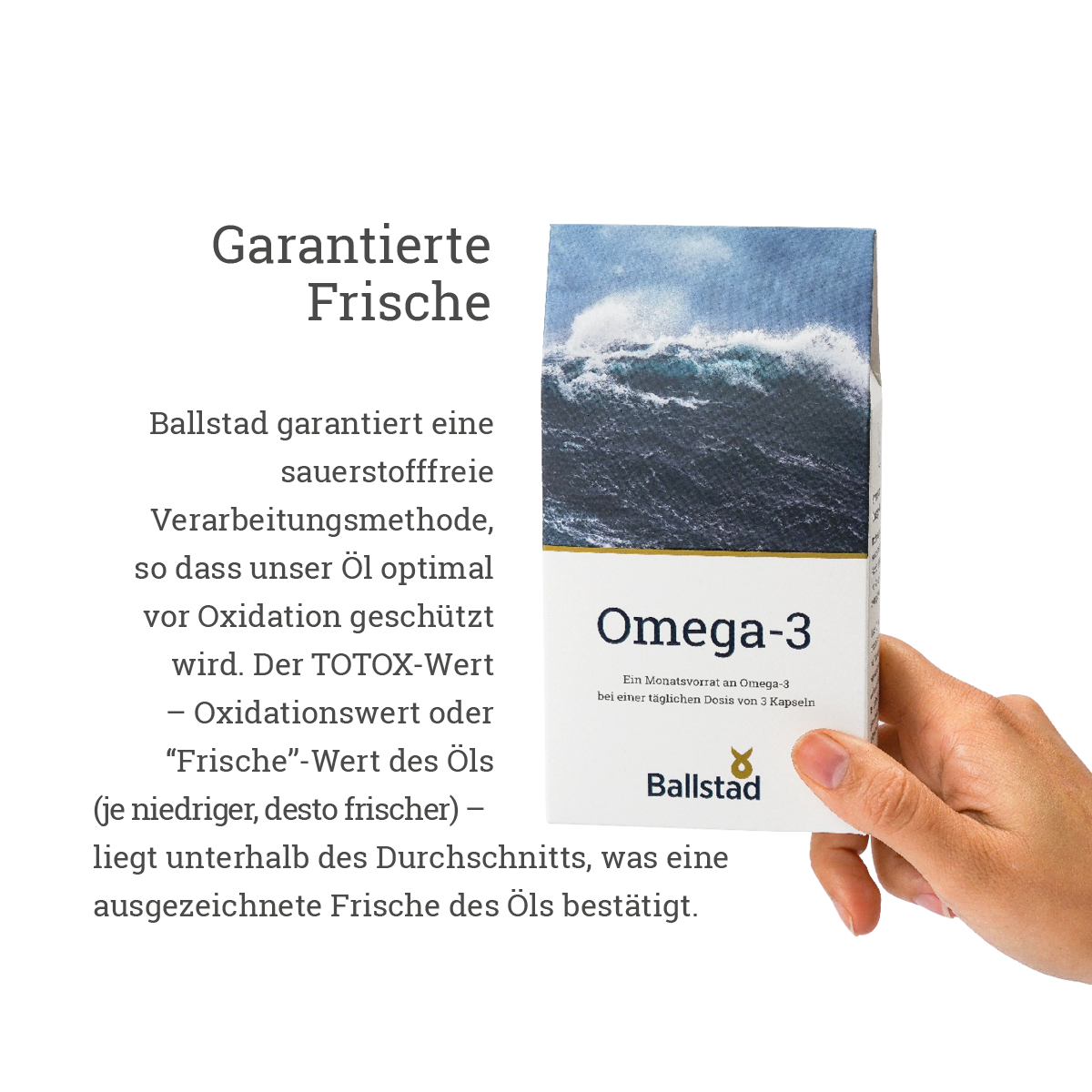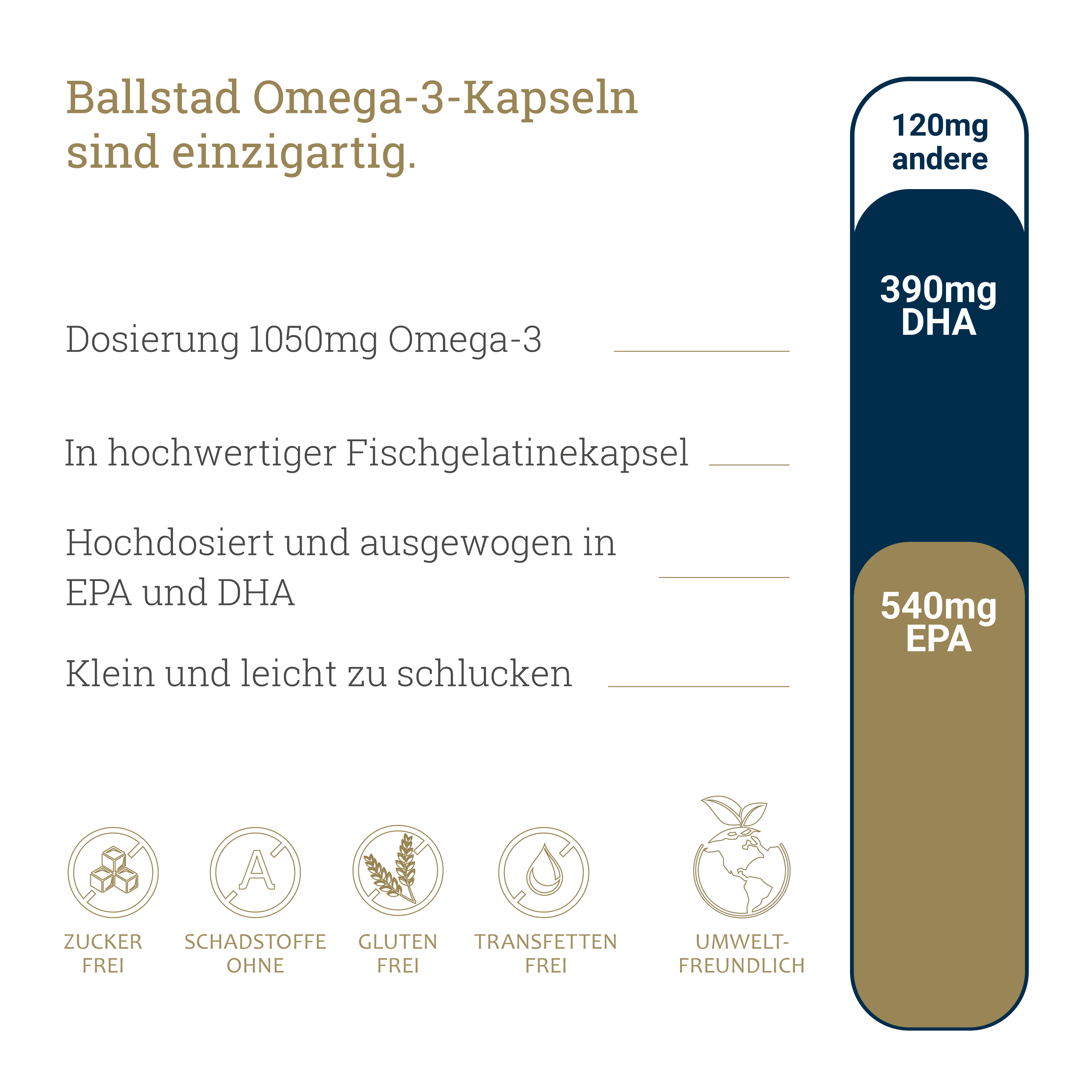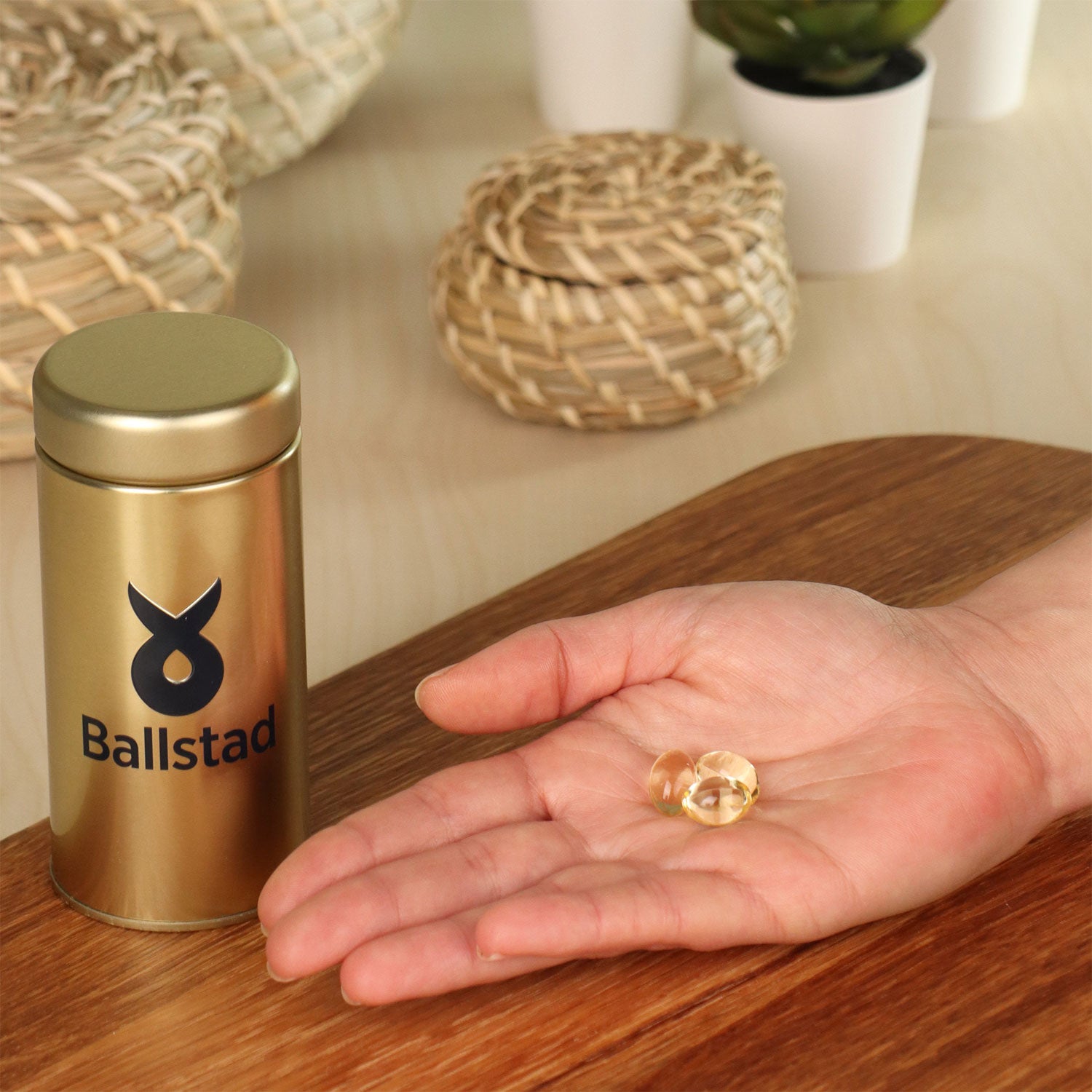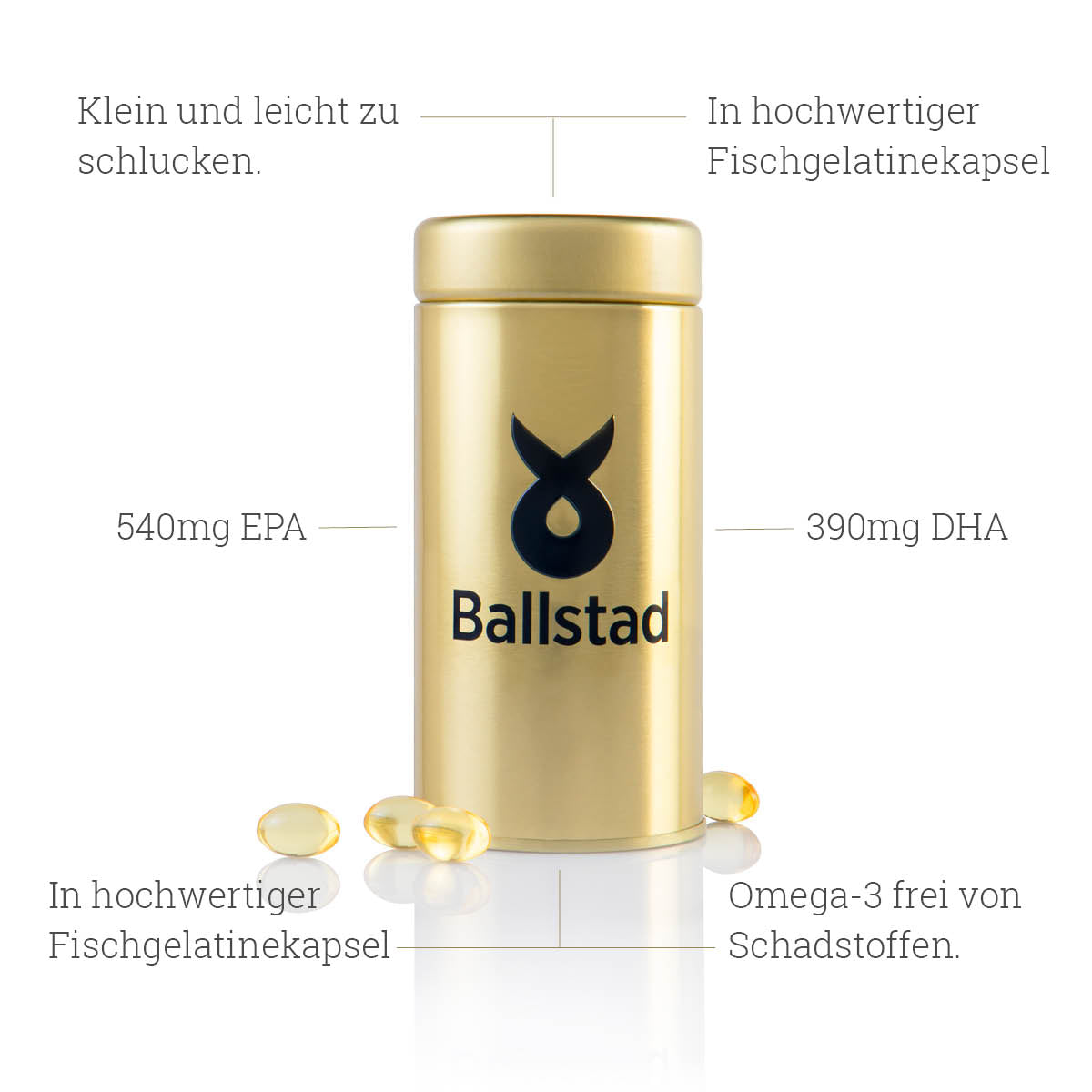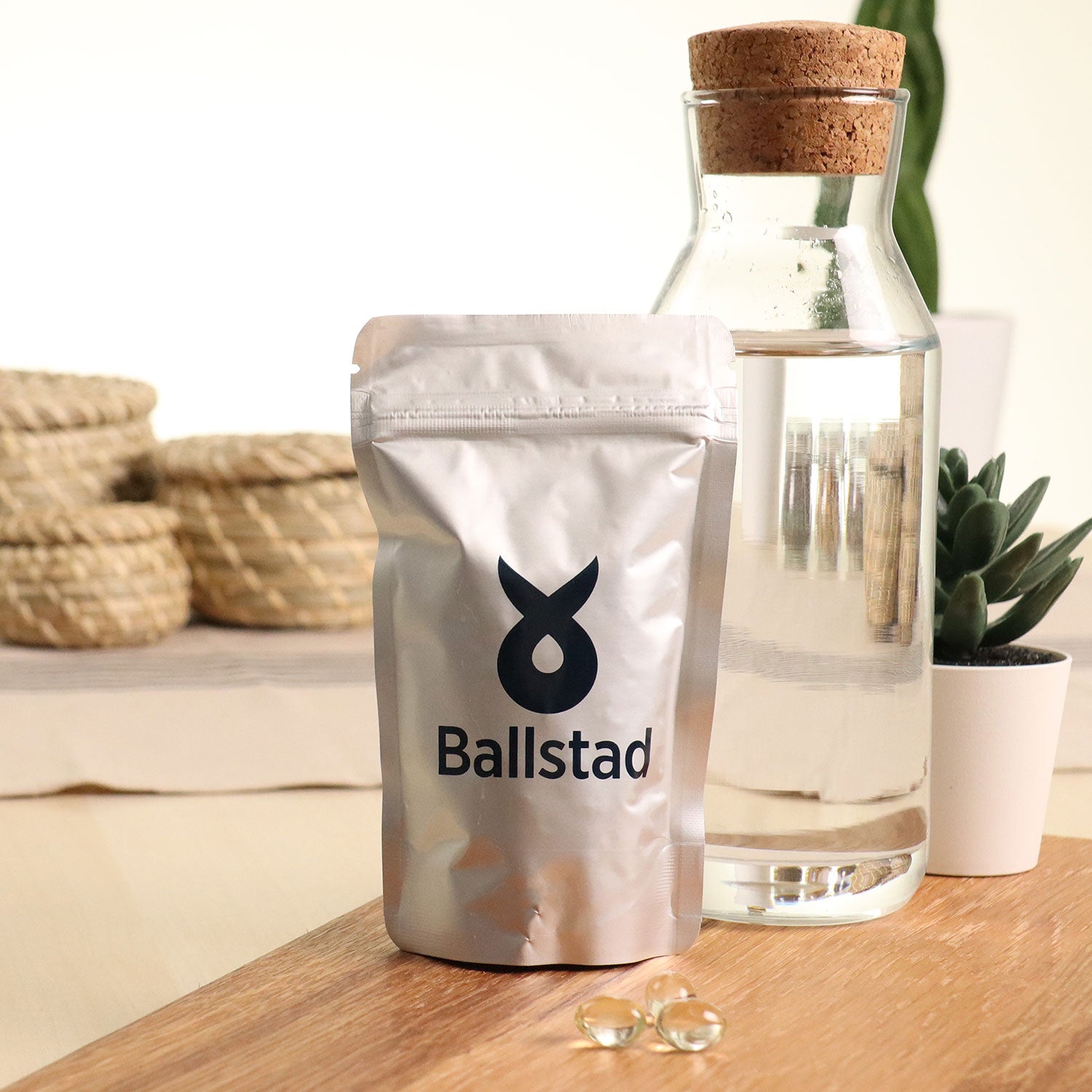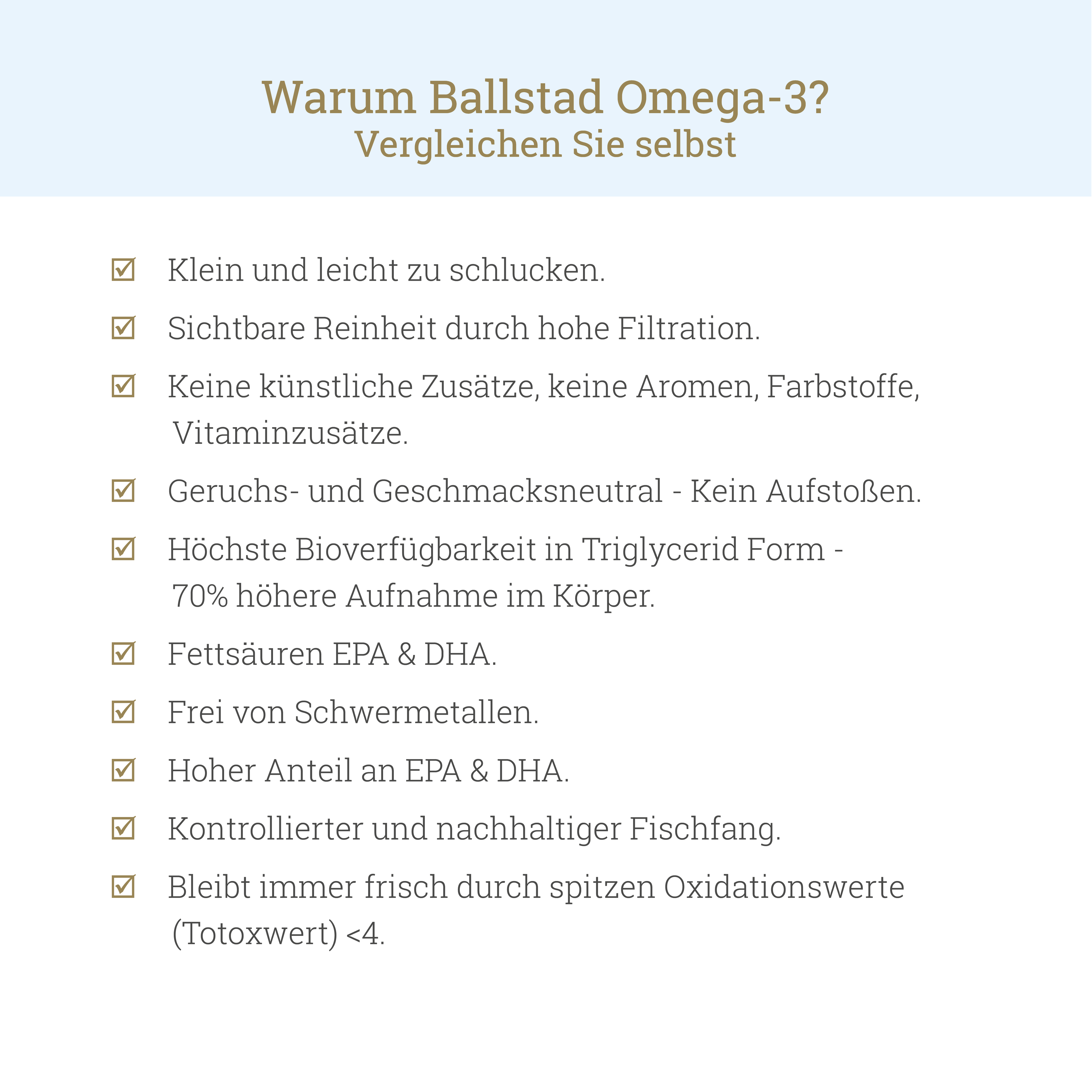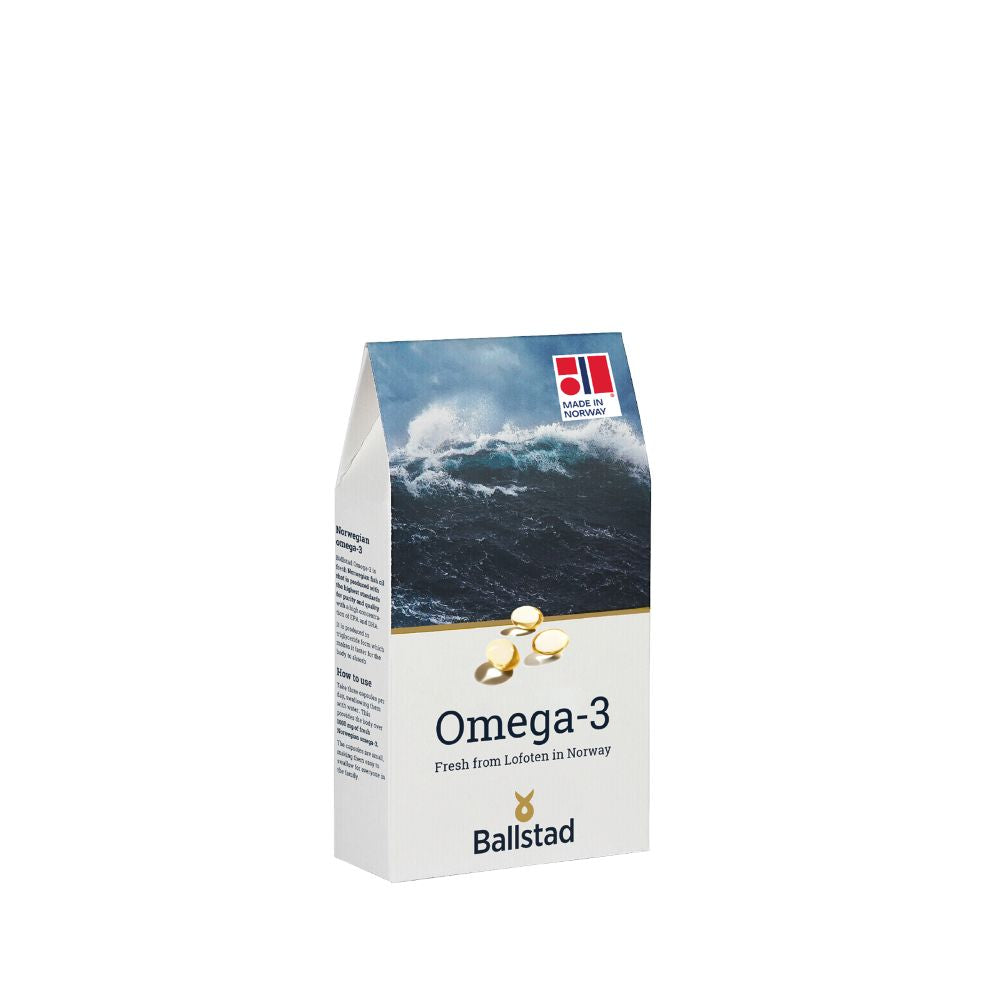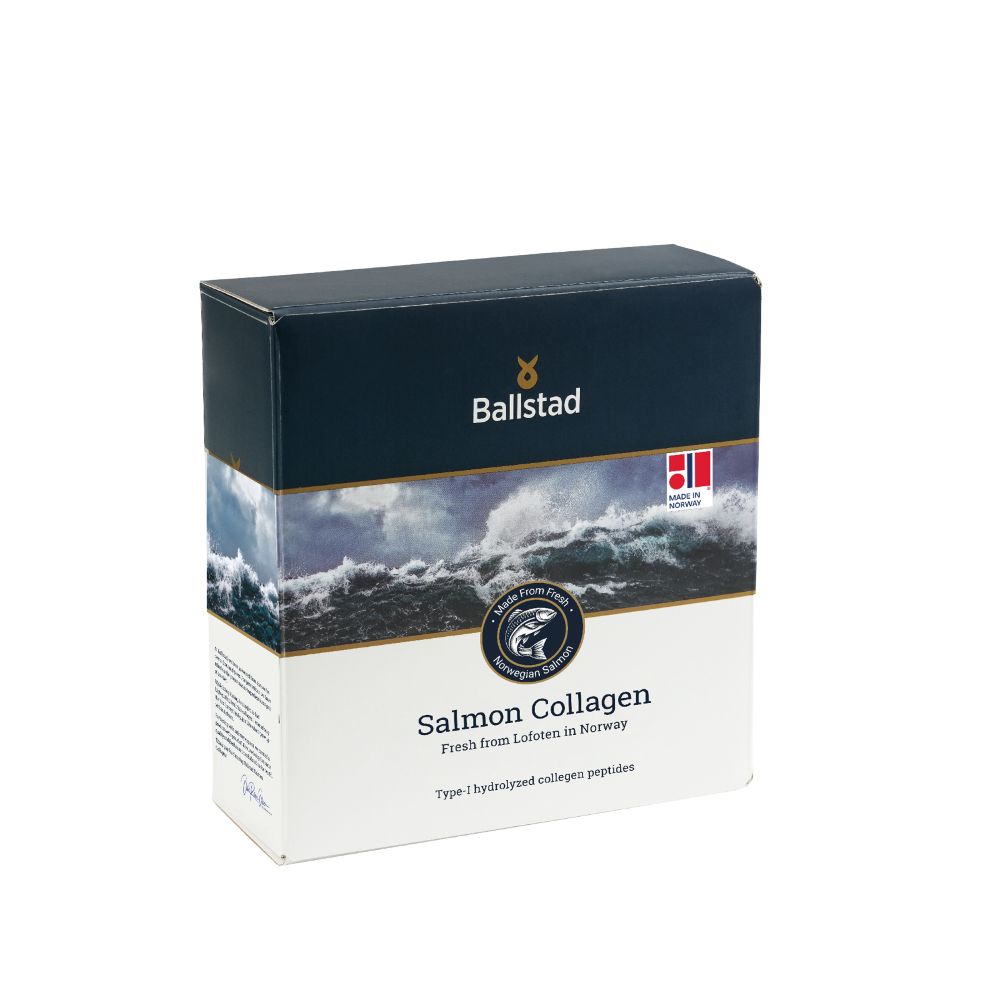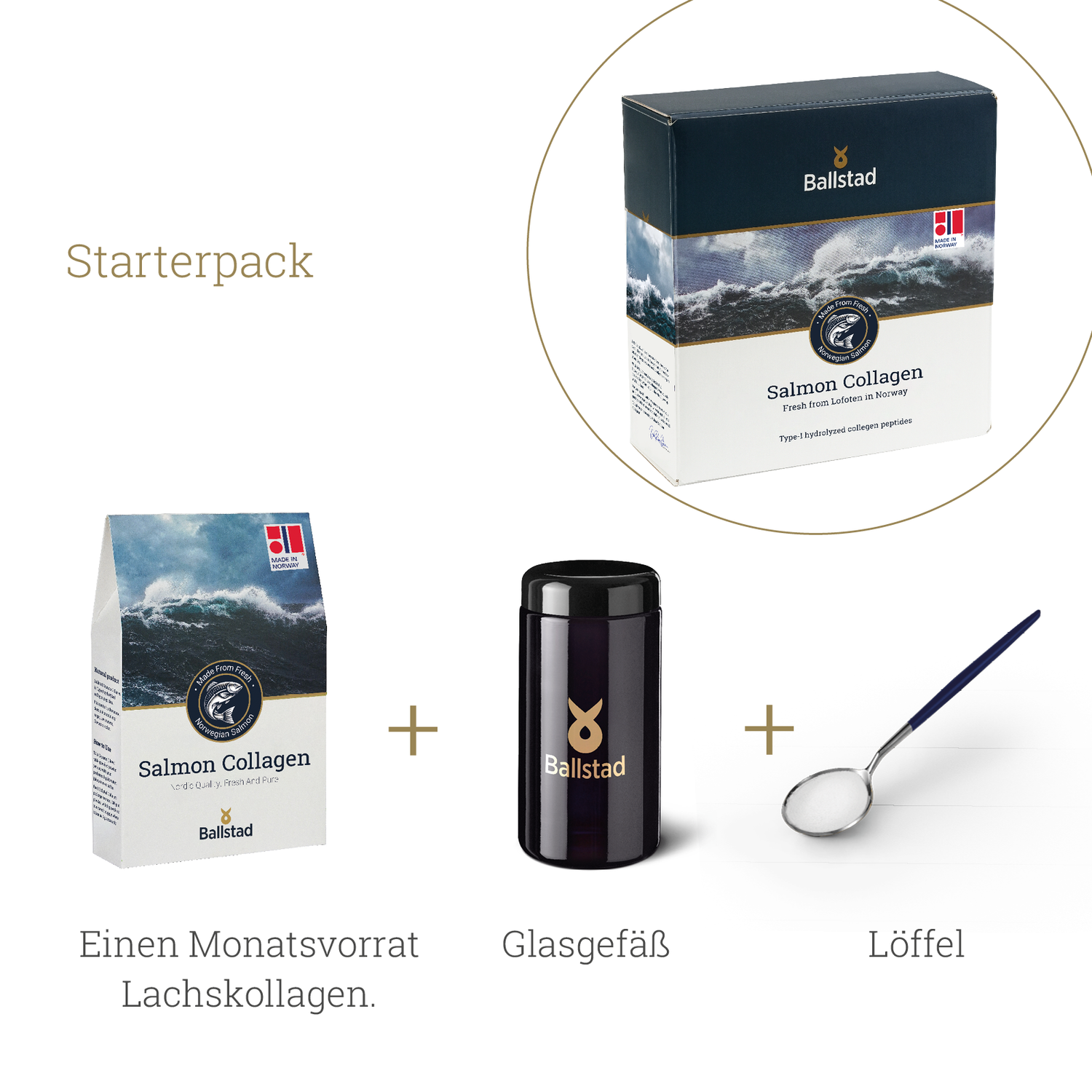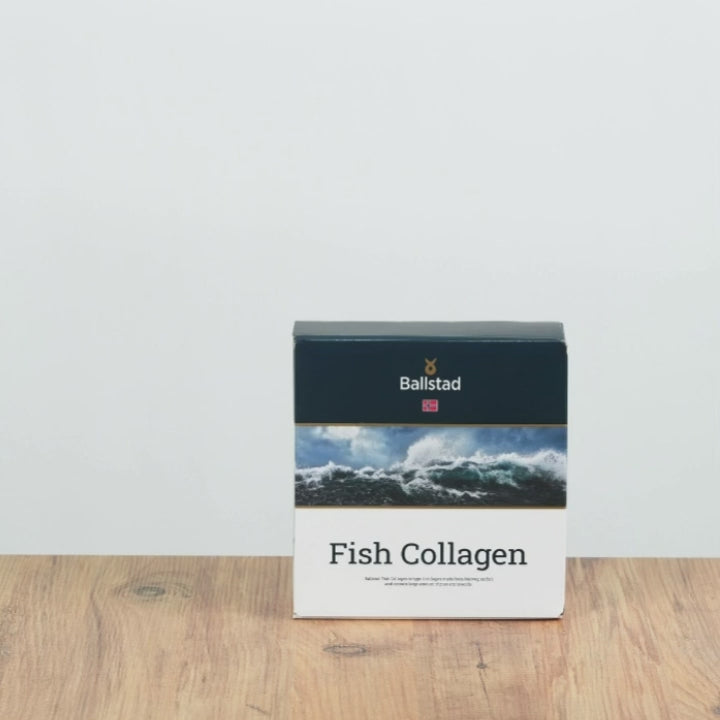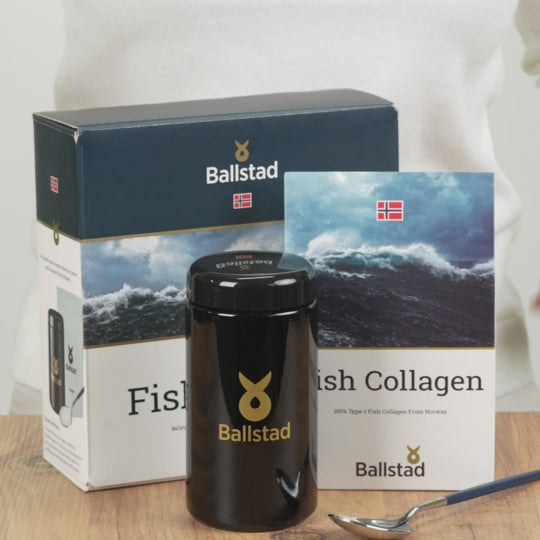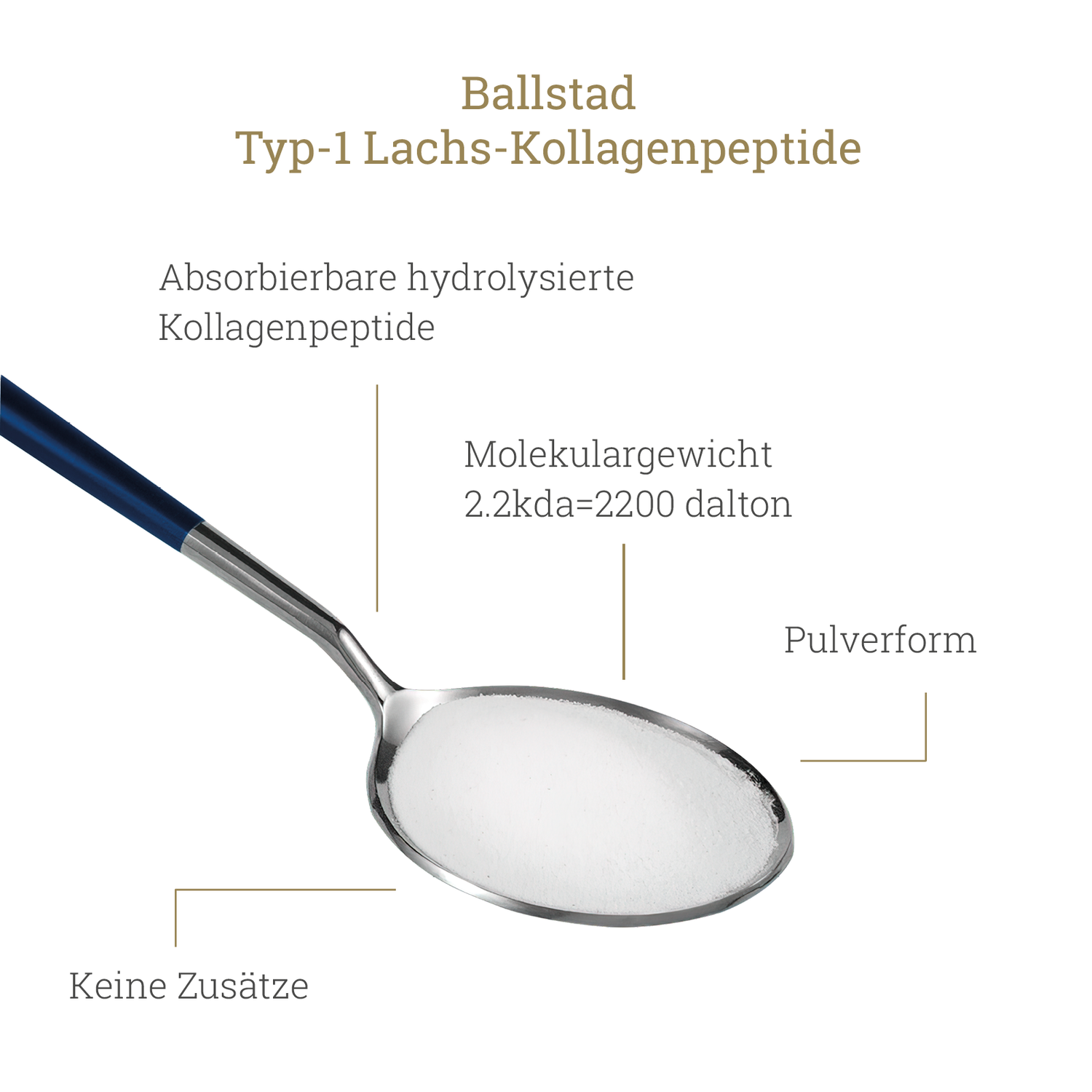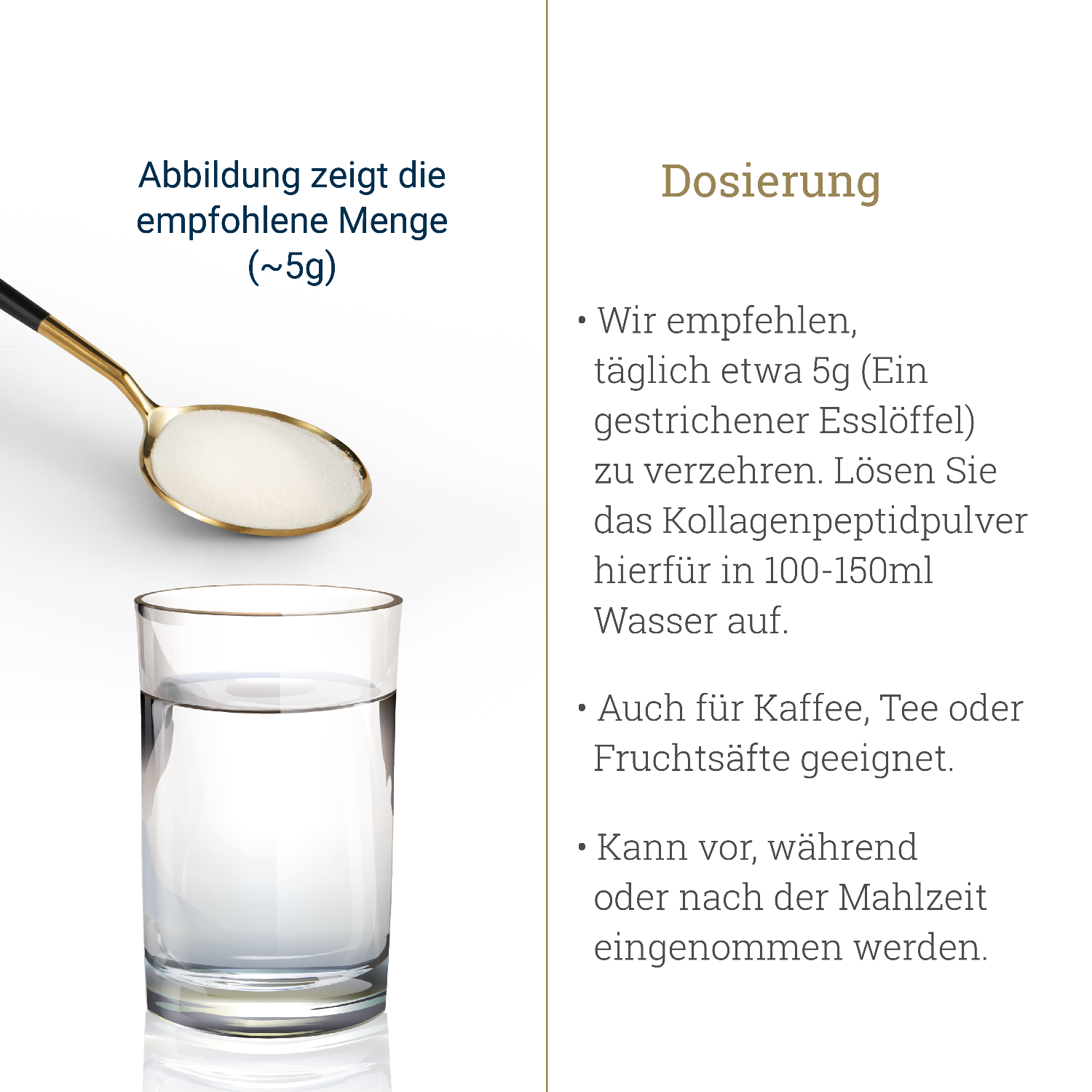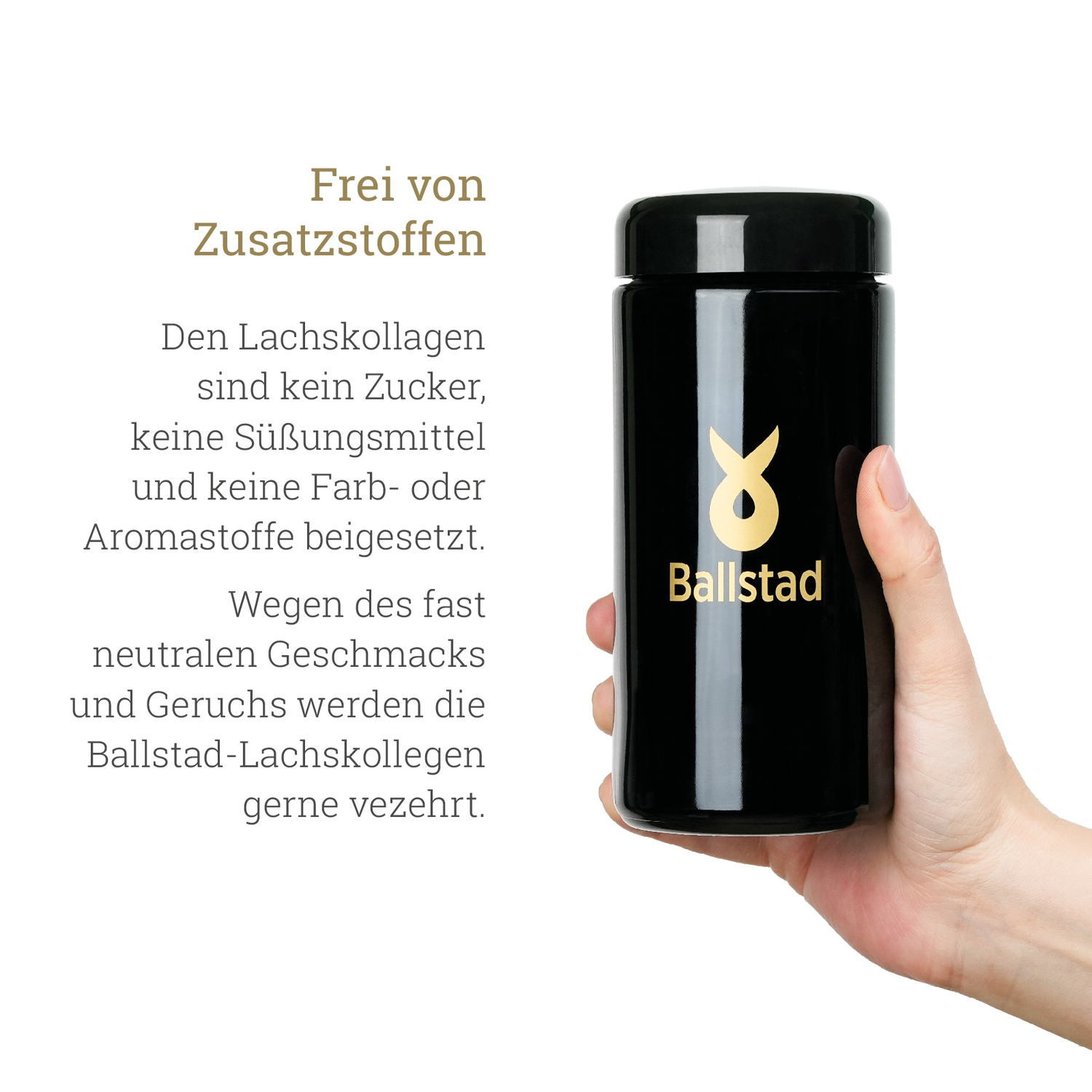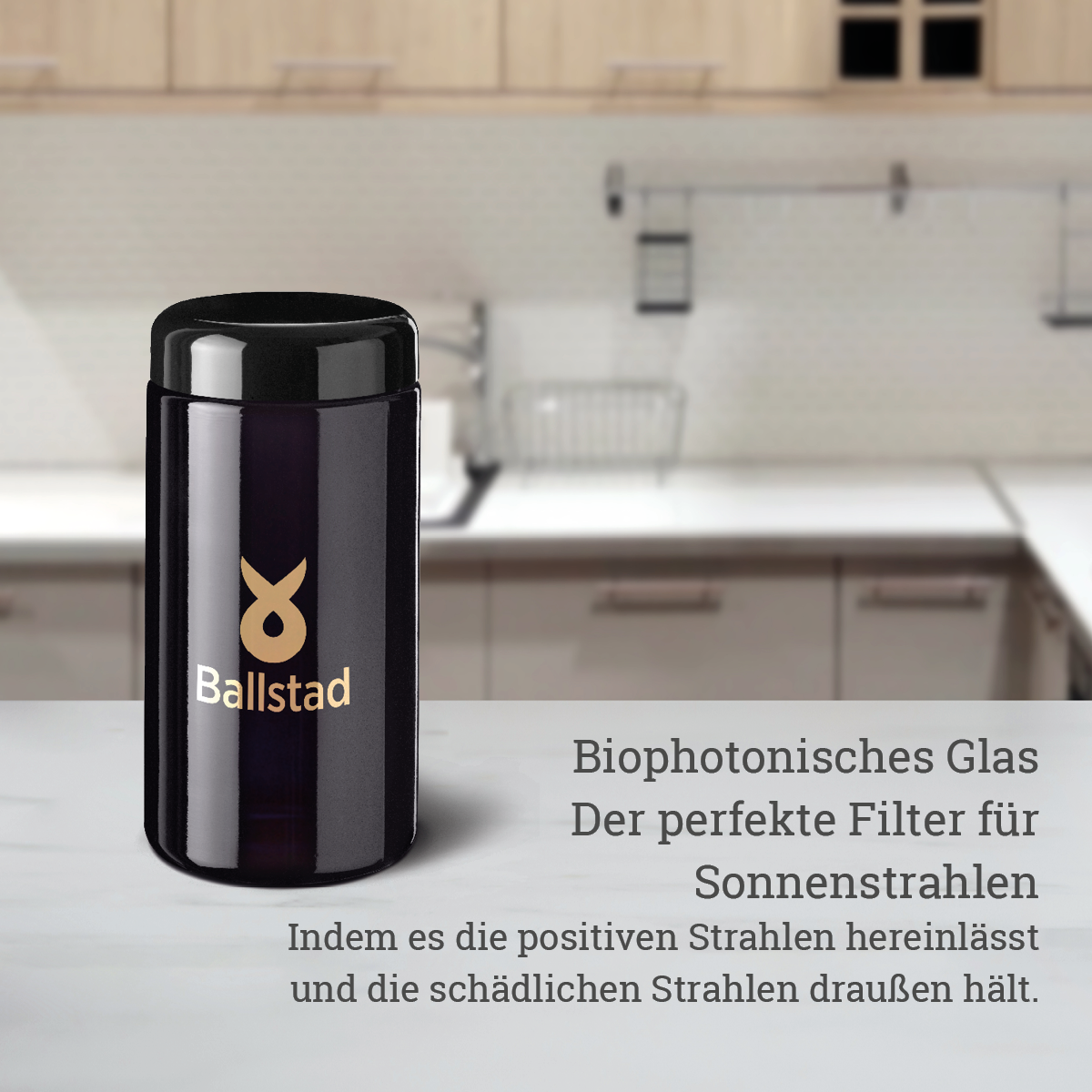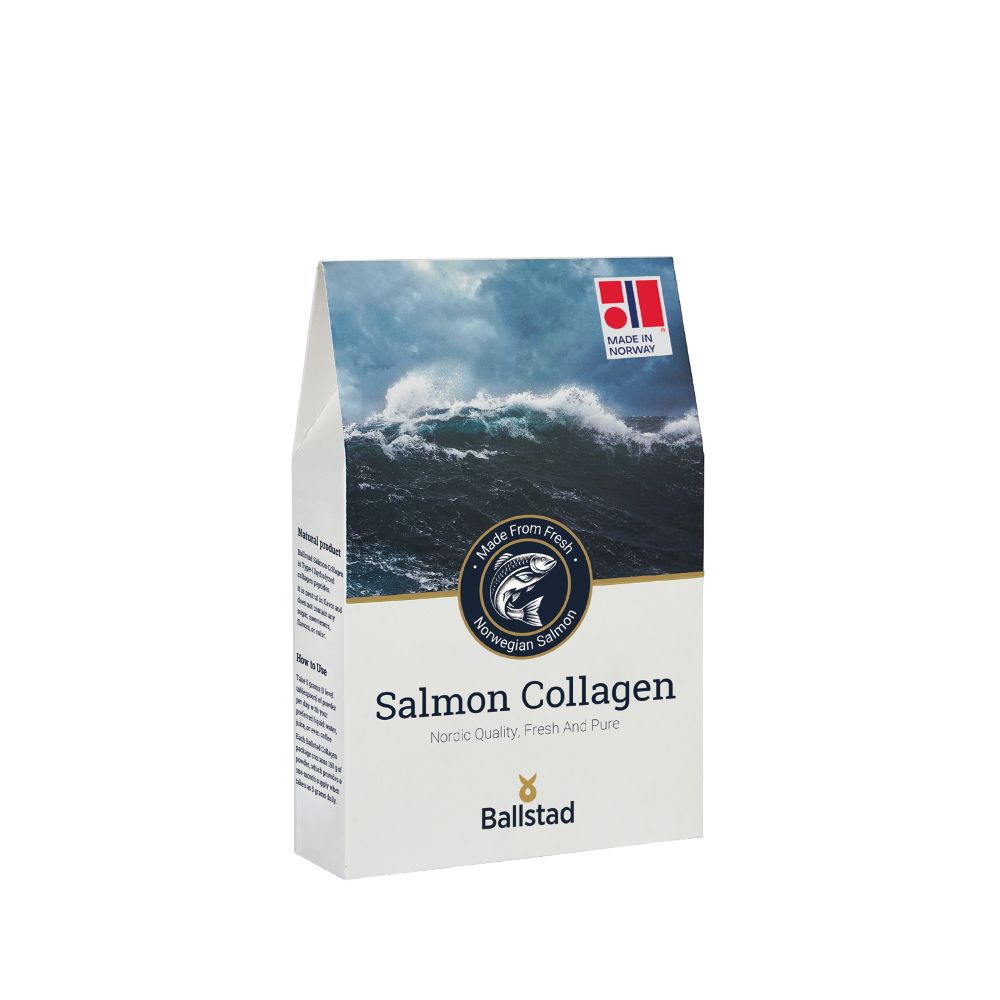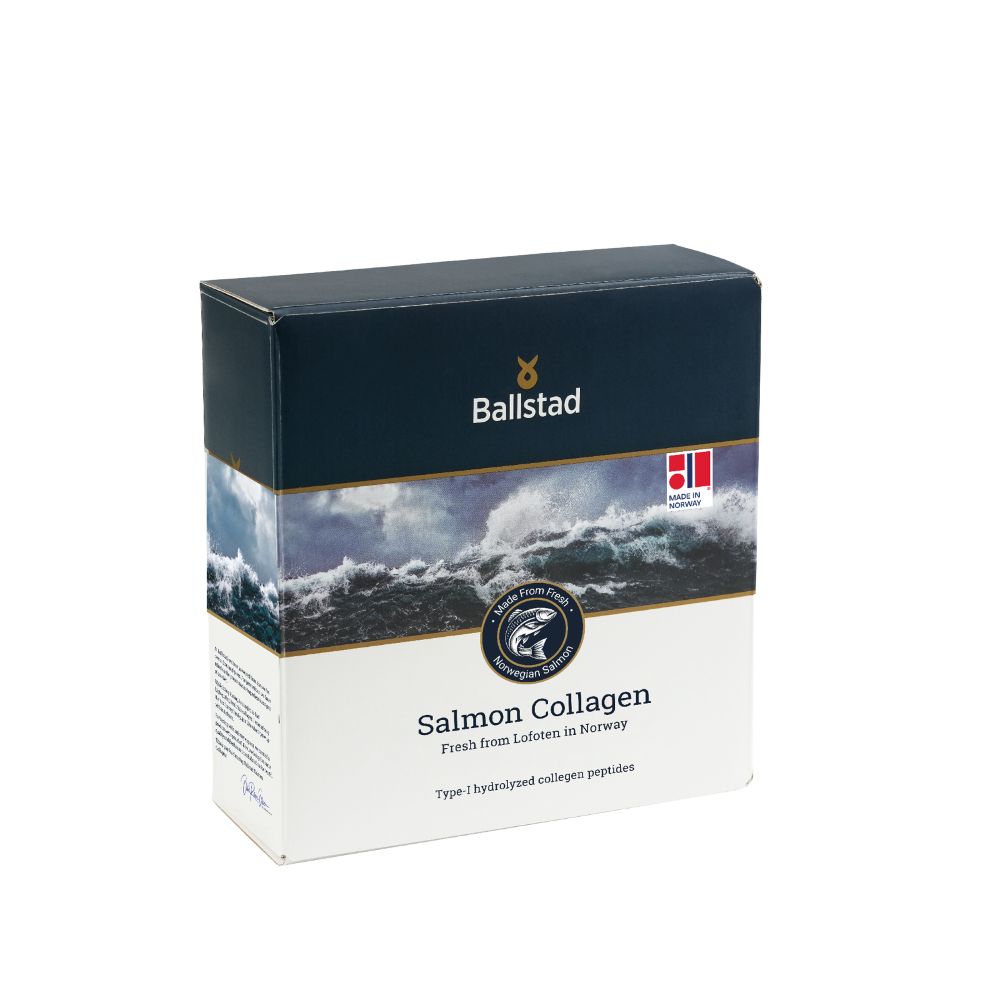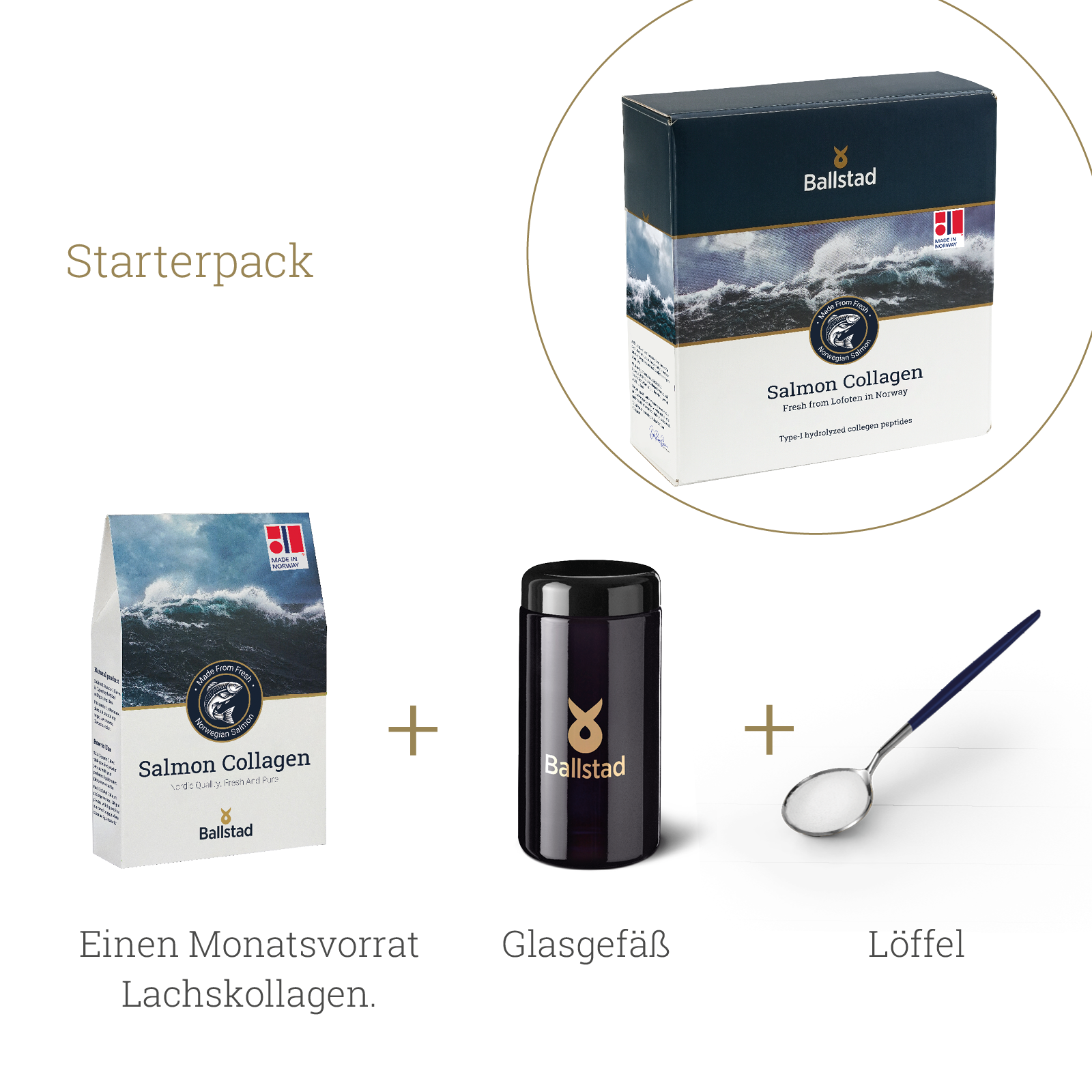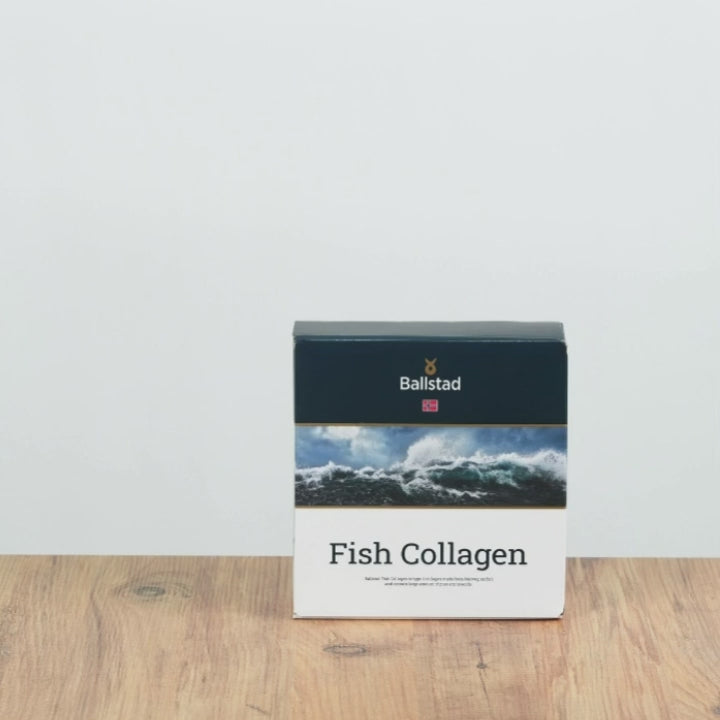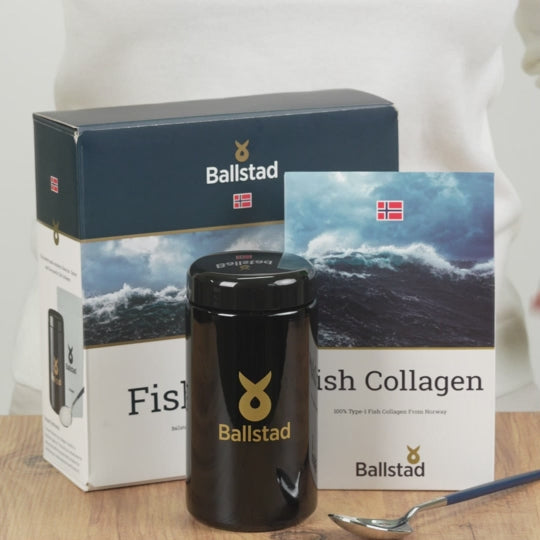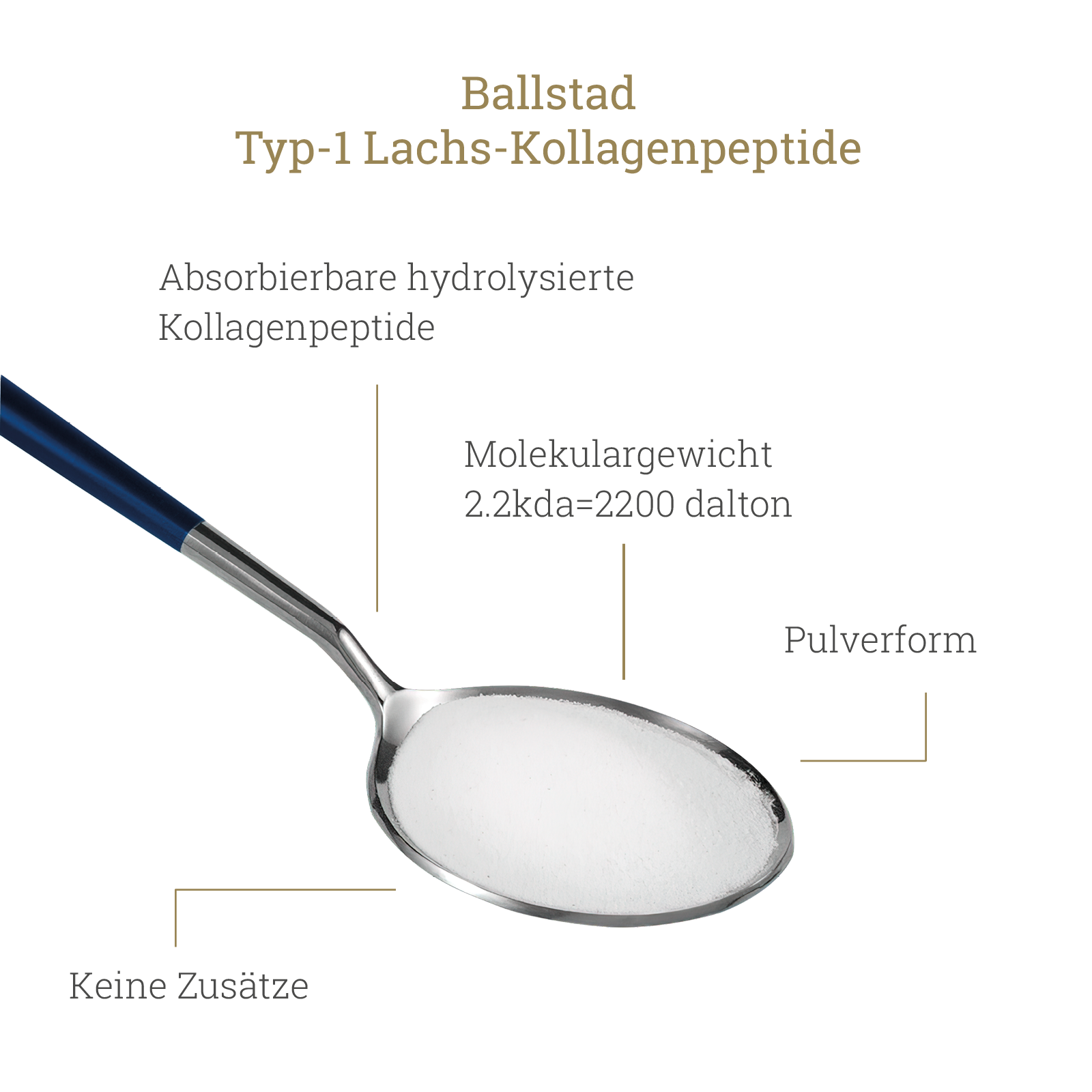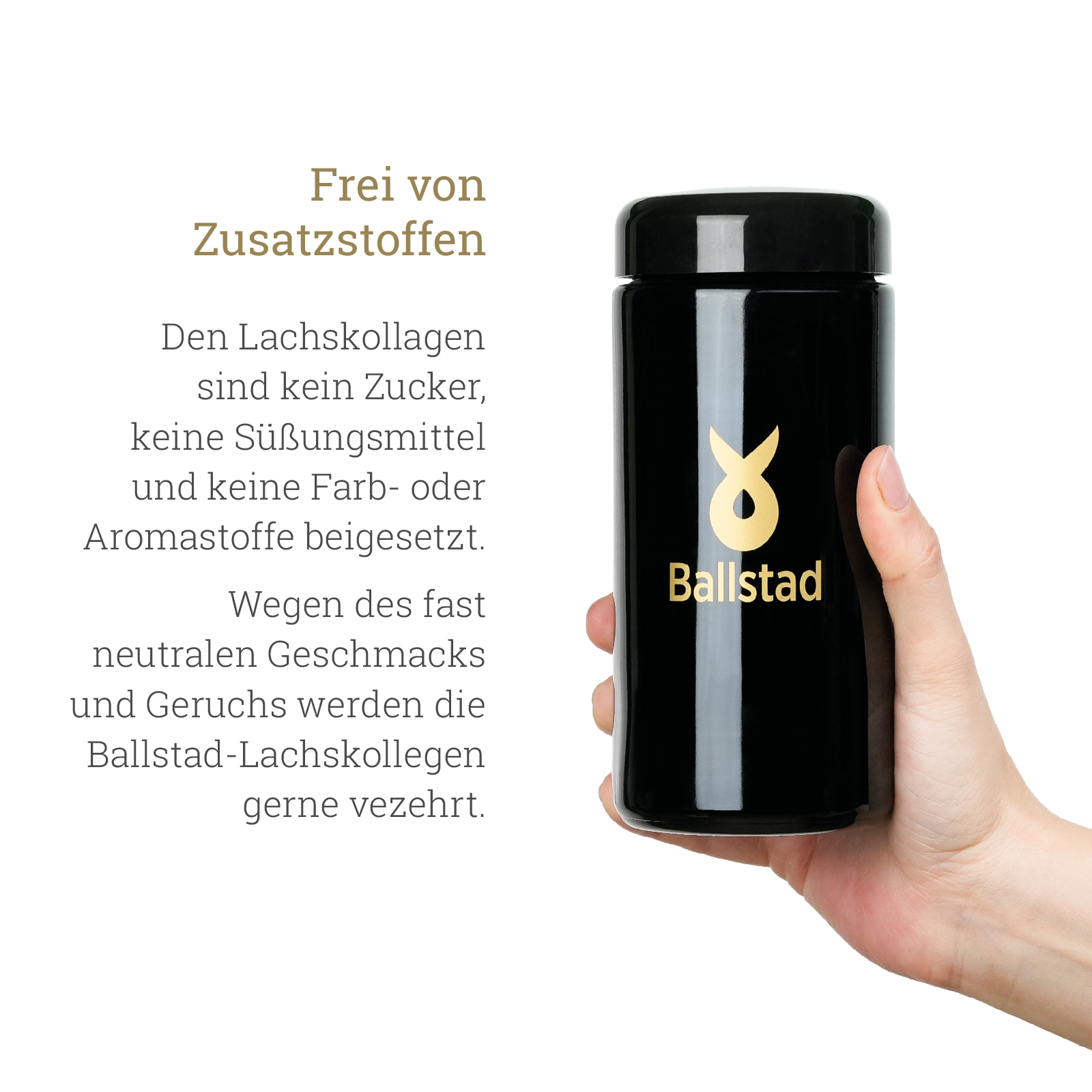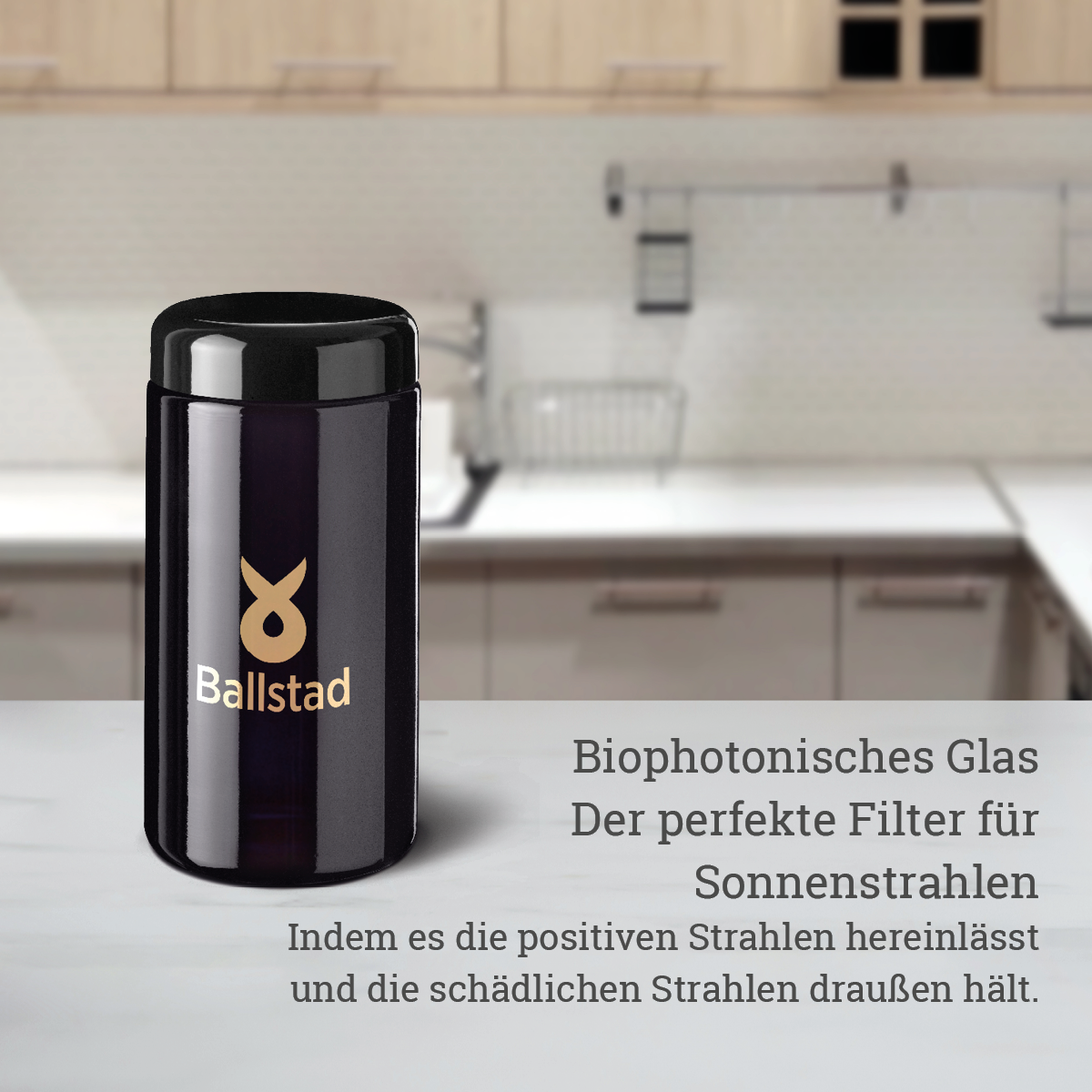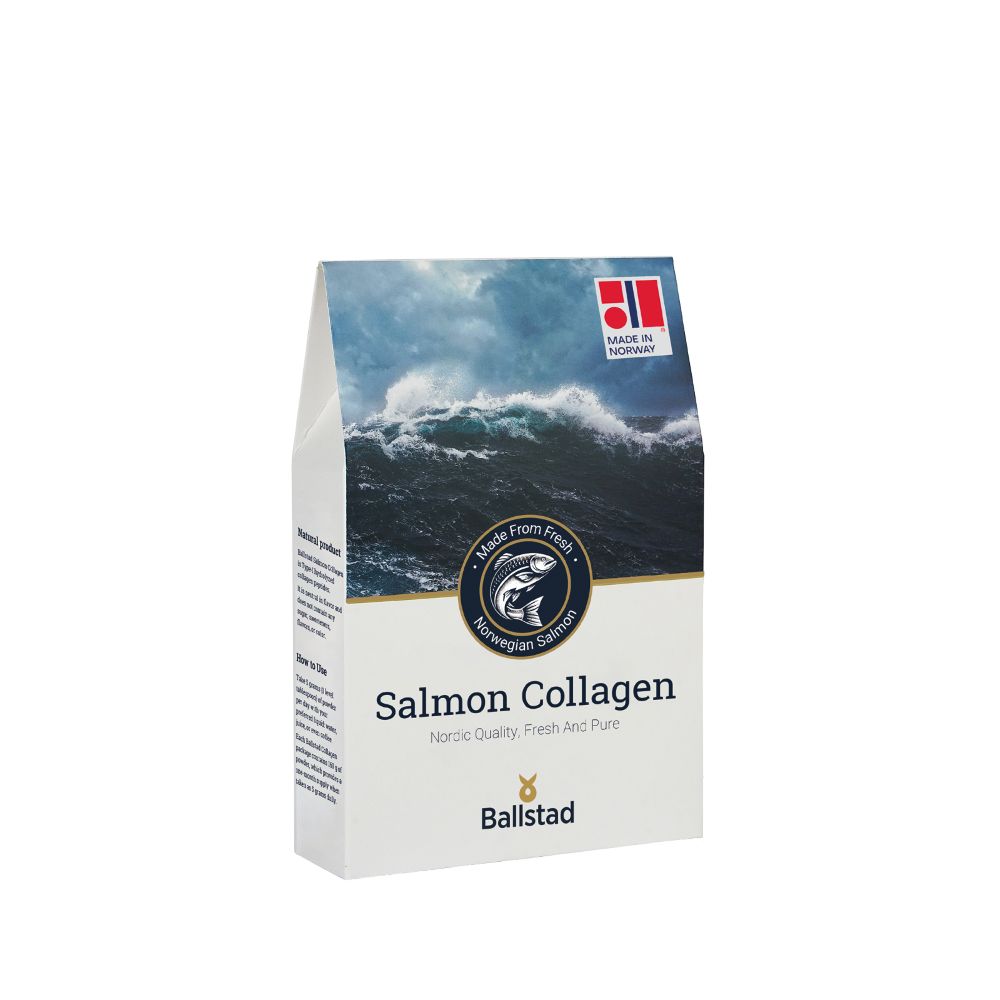More than just calcium – collagen in focus
When it comes to bone health , many people first think of calcium and vitamin D.
But another nutrient plays an equally important role: collagen .
This structural protein not only forms the “scaffolding” of our body, but is also the main component of bones , particularly as type I collagen .
Collagen forms the soft framework on which minerals such as calcium and phosphorus are stored.
This gives the bones their strength and flexibility at the same time .
However, as we age, the body produces less collagen – which can affect the structure and strength of bones .
The science behind collagen and bone structure
About 30% of bone tissue consists of collagen.
While minerals provide hardness, collagen gives bones the ability to absorb shock without immediately breaking.
Scientific studies indicate that hydrolyzed collagen peptides can support bone density and bone metabolism .
These results are promising, but should not be understood as a medical cure or prevention claim.
Marine collagen – highly bioavailable
Among the various sources, marine collagen is particularly convincing:
It naturally contains a lot of type I collagen , which is also found in human bone tissue, and is particularly well absorbed thanks to its small molecular size .
Ballstad salmon collagen is sustainably sourced, tasteless, and can be easily stirred into drinks such as water, smoothies, or coffee.
Conscious support in old age
From around the age of 30, the body’s own collagen production decreases.
This coincides with a gradual decrease in bone density .
An adequate supply of calcium , vitamin D and protein remains crucial.
Targeted supplementation with collagen peptides can usefully complement this nutritional strategy.
Sources
-
Koenig et al. (2018): Specific collagen peptides improve bone mineral density in postmenopausal women – Nutrients
-
EFSA Journal: Evaluation of collagen hydrolysate in nutrition
-
BfR (Federal Institute for Risk Assessment): Information on food supplements containing collagen
-
Regulation (EC) No. 1924/2006 on nutrition and health claims made on foods


